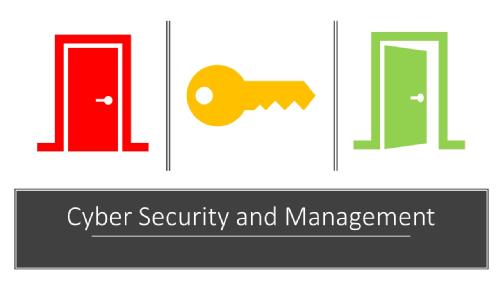Student Blog Collection
Learning Experience at WMG e-BM - Overview
Hello everyone, I am Jun studying e-Business Management at WMG. My WMG's one-year journey is coming to an end, so I want to write about my experience of learning in the e-BM program.
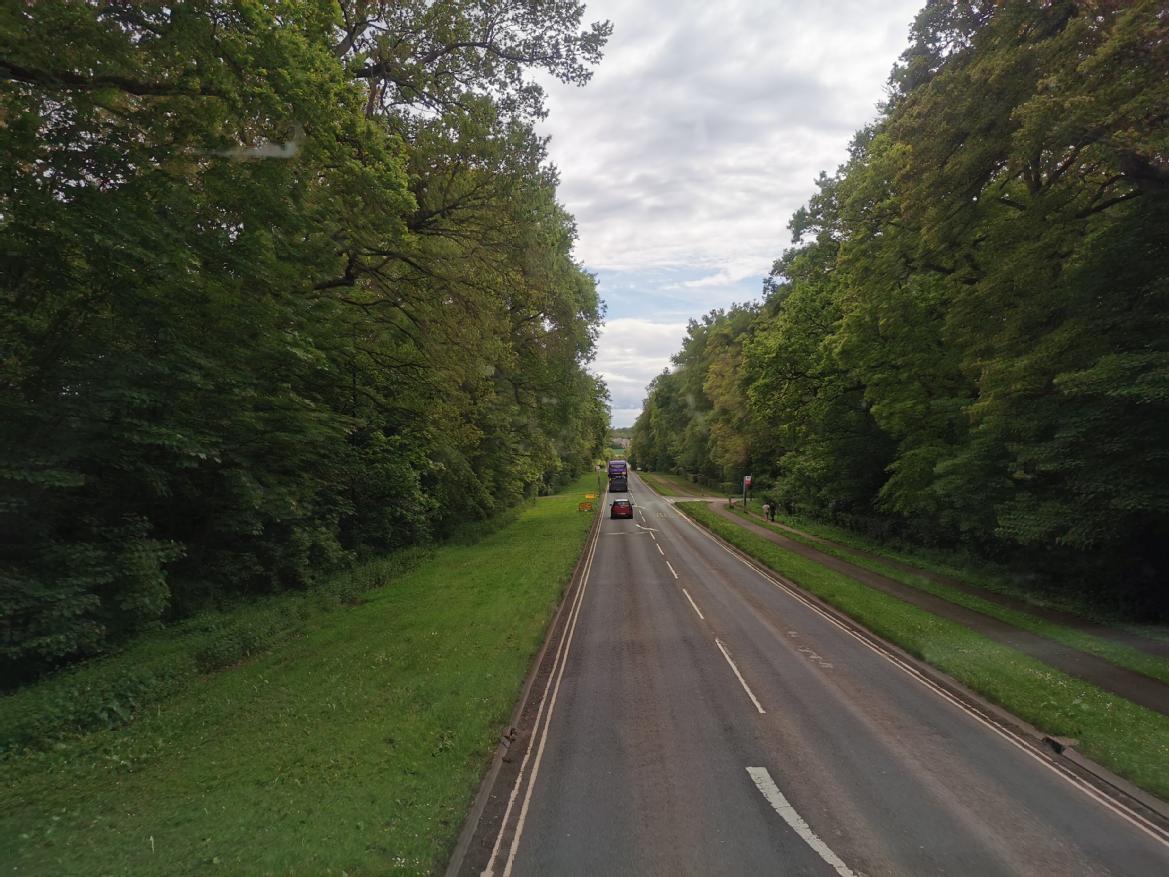
❤❤ Warwick Manufacturing Group (WMG) is a very special college. It has a wide range of majors, including management, business, and industry-oriented programs. E-BM is one of the business-oriented programs. Different from the traditional British business teaching model, WMG does not set examination as an assessment approach. Its main assessment approaches are in-module groupwork, post-module assignments, and dissertation. As someone who has experienced both modes, I am impressed by the way WMG assesses students because writing long reports/essays requires us to think deeply and allows flexibility in the creation of business scenarios and specific solutions.
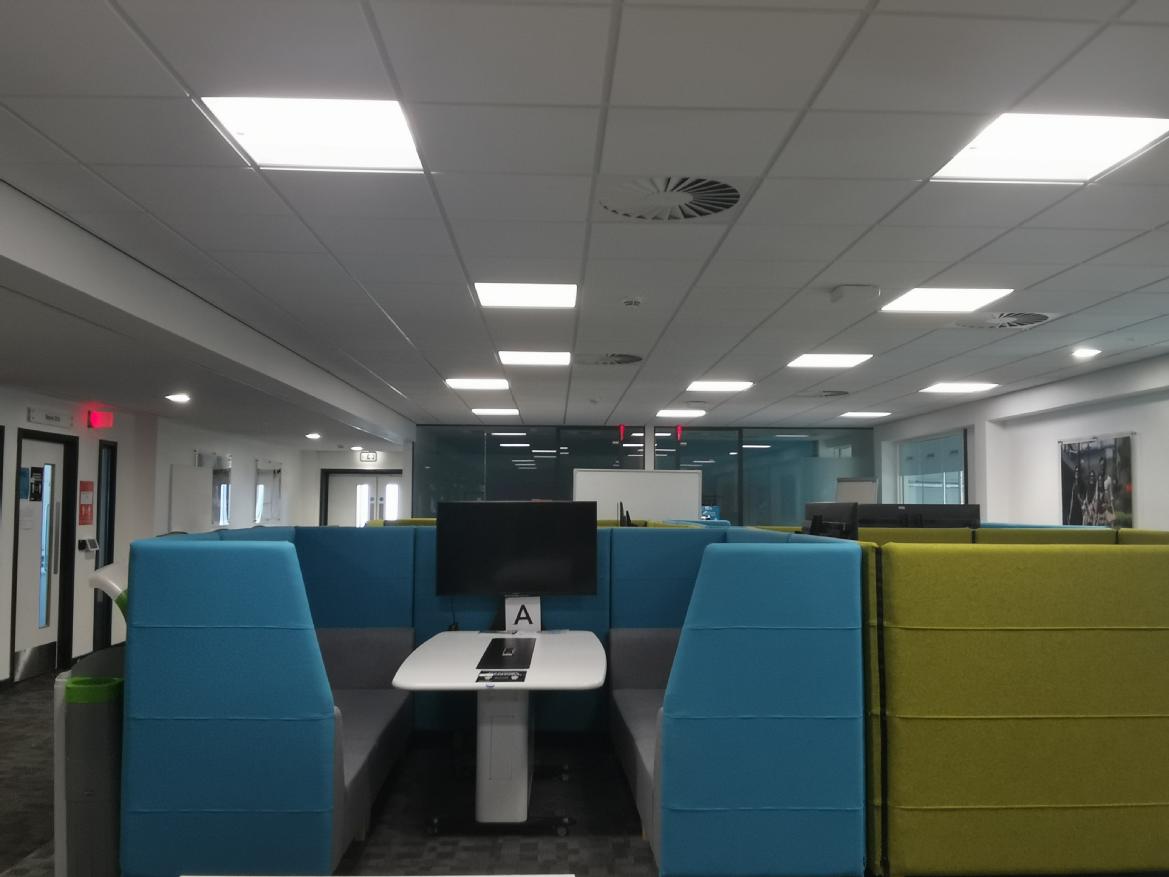
E-Business Management is very suitable for students who transform their fields. The 4 specialisms opened by e-BM are eCommerce, Digital Marketing, Digital and Data Science, Digital Consultancy and Entrepreneurship (there are 5 specialisms this year: e-Commerce and Digital Analytics, Digital Marketing, Data Science and Digital Operations, Cloud and Machine Learning Engineering, And Digital Consultancy and Entrepreneurship) which cover a wide range of knowledge in the e-Business field, but there are overlapping courses between different specialisms. For example, the eCommerce specialism I chose has a Digital Marketing course and Big Data related course. E-BM this year provides students with more choices. I think that continuously improving the course structure and taking student feedback seriously is also what WMG has done very well.
I come across some technical concepts I’ve never heard before during the lecture 😵, but tutors will always provide us with examples to better understand them 👍. I have most of the lectures online this year. The advantage of online study is that I could go back to the recordings for things I did not understand in the live lectures.
I will talk about the courses I took in my next article. 😉😉
Jun Zeng | e-Business Management
Sustainable Fashion Event
Hello everyone,
I wanted to share my journey to London on 1st July. I visited Future Fabrics Expo When I learned about sustainable materials. This event is part of my sustainable fashion project that won the University of Warwick's Lord Rootes Fund. I found so many unique materials, and all of them are good for the planet. It was so sad when I learned that most of the clothes sold in the market are made from polyester that is not biodegradable. Most polyester will end in the landfill. I also found with new innovations, polyester can be recycled, and recycle polyester is better than the original one. One of the famous future materials is Tencel x Refibra. They are made from mixed wood and cotton scraps. It gives waste a second life which is good for our planet. In my opinion, we can change fashion as a solution to climate change by changing the way we shop clothes to be more sustainable. I think the most sustainable way is to buy second hand and not buy new clothes. But if you cannot do that, you can start to buy clothes made from sustainable materials. Besides earth, we don't have planet B, so we need to protect it because no change means no future.
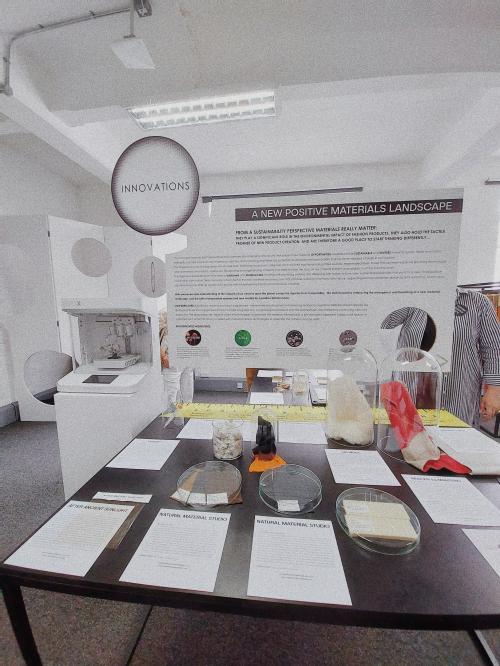

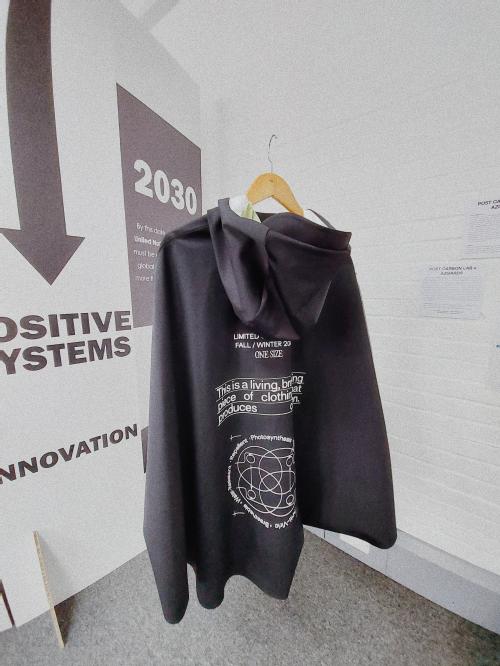
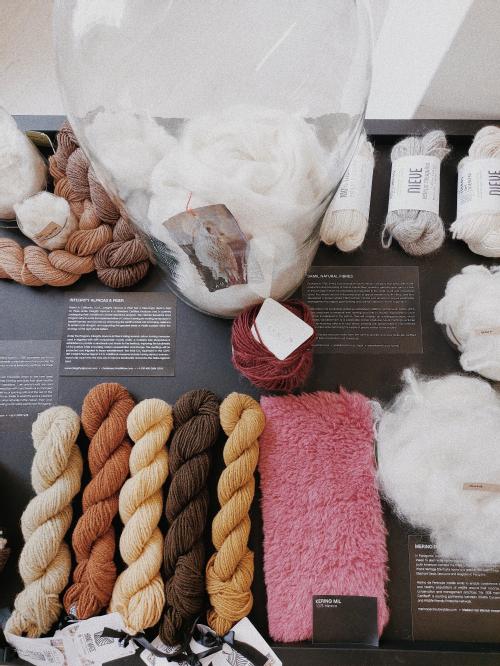
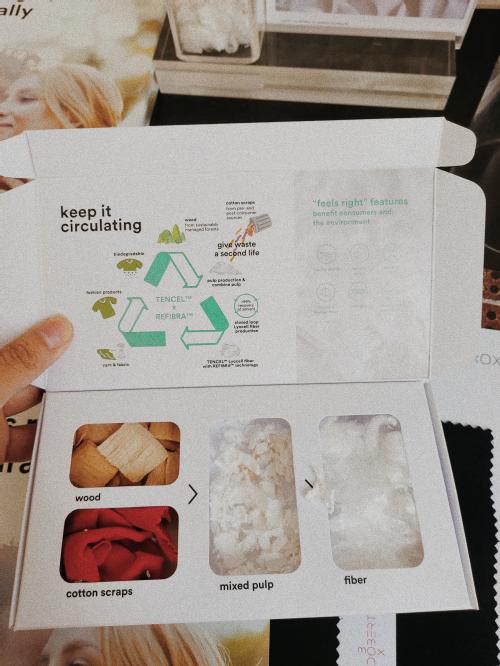
Best Wishes,
June IAE
DISSERTATION PROGRESS
Hi There,
Speaking about getting to the end of this amazing trip, I would like to share what my dissertation process has been so far because yes, it is a big deal. However, if you plan and manage your time, I am confident organization can help you to hand dissertation before deadline… by that time maybe there is no more modules and you can enjoy the summer in the UK. So, I would like to share some thoughts for you to plan accordingly.
1.- The sooner the better, at the beginning of the year I applied for my project, even though I was not sure 100% I think it was ok, because my supervisor guided me and helped me to narrow down and develop my idea realistically. I simply took a look about the projects, backgrounds and profile among the supervisors, tried to match them with my expectations.
2.- Be aware of tabula deadlines, fortunately, tabula is a friendly system that keeps the countdown for you, so it avoids surprises. This kept me alert about submissions and timing, so I checked it often…it helped me to balance the workload from the modules and provided me good timing to leisure as well.
3.- You are not alone, the project might look bigger than you and sometimes I did feel like it over size me but, Warwick provides good tools to support you, we have access to lots of guidance, and material they got to help you, so don’t be afraid to ask, it is better to ask and confirm rather than assume. In my case, I have contacted SPA team, personal tutor, supervisor, and classmates. The point is to acknowledge you are not by yourself, just speak up.
4.- For me literature review was the longest part, it took me several days to get it done. It is much information to process, depending on your topic so I would strongly recommend dedicating some weeks to it, I had to balance PMA’s and literature for almost 2 months.
5.- Finally, I would say we are fine as long we plan, organise and being realistic about timing. I wanted to travel and living my masters experience as well, not everything had to be work, library or PGhub, I am having fun along the process. So as ai said if you organise your time, you can achieve good results and get your qualifications.
I’ve got around 2 months more and one PMA more to hand, I will be happy to report the outcomes soon.
LAST MODULE
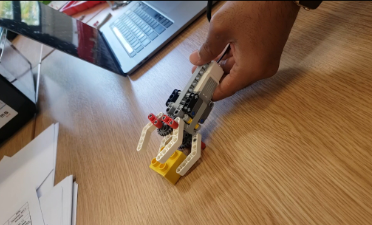
HI,
We are getting to the end of the masters, time flies. Today I want to share about my last module which thankfully was face to face. This year I chose Innovation as one of my two electives available for my year at Warwick, I must confess it was a great module and one out my three favourites ones, among all 9 I took, not only because we were in the WMG facilities which are just about right considering their reputation, but also the content was so interesting, the 3 lectures much experience and much knowledge to share. I explored another aspect of innovation.
As many of the modules at WMG this year, are mark with group assignments as well.
In this module I had the opportunity to work with lost of backgrounds (as usual) but this time was different as the professor formed the groups according profiles we were identified in advance.
I need to say that was an excellent group (I might say that to all of them) but what make it different this time was the every member had a different role so that really make more Organic the task to work. I had experienced before two leaders within the same assignment, so it was also fun achieve the mark expected while same roles were working at the time.
The group I worked with was actually the winner of the simulation and I said before, we could have F2F lectures so assignments groups as well, lots of fun and learning.
One of the tasks to accomplish was to build a “robot” with legos and some coding…no everybody had an engineer background so of course we did have fun figuring it out how to code while other members designed the structure, matching codes and the purpose which was to build a robot that move pieces from one place to other. I have attached a picture of our result.
Definitively Innovation was fun and organic learning.
It is Coming Home
Hello everyone,
I have been a big fan of football since I was 9 years old. My dad introduced me to football through World Cup 1998. Then, I fell in love with the games and David Beckham. It felt so surreal that 23 years later, I wore the three-lion shirt in front of the Wembley Stadium. I did not get the ticket to watch the match. Still, I was lucky enough to feel the atmosphere outside the stadium where the fan of England's Football sang "it's coming home" together. It was magical to see many people sang with passion and unison. I love the meaning of this song. It is about the hope of the England fans that somewhere England will win like England's past glories story when won 1966 World Cup. I really can't wait to watch the final match tomorrow between England and Italy. So, is football coming to home or Rome?
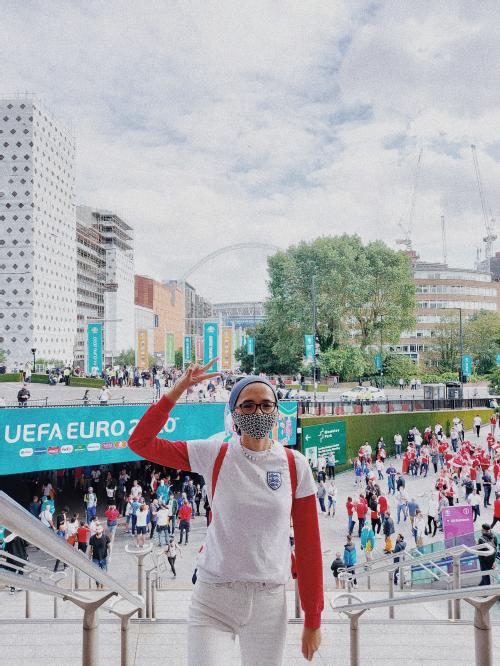
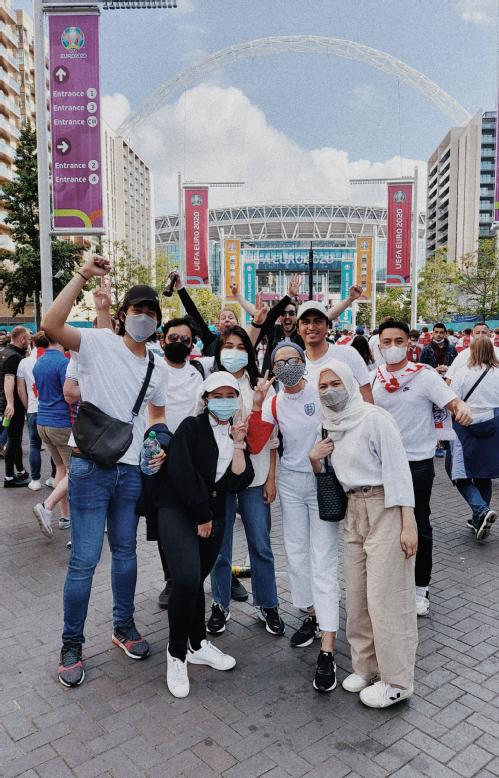
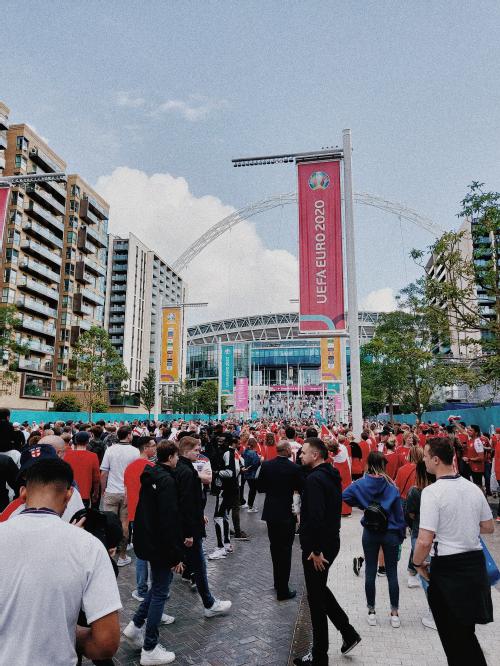
Best wishes,
June, IAE
FOOD EXPERIENCE IN THE UK
Coming from a Mediterranean country -Egypt-, I had been warned that my food experience in the United Kingdom would not be the best, that I would miss the flavour of ‘real food’. Although this is partly true, I am not going to lie, I must say that the UK has pleasantly surprised me when it comes to food.
It is obvious that the local cuisine cannot be compared to that of Mediterranean countries, where fruit and vegetables have a much stronger taste. However, this country has something that not all countries have, which is a huge multiculturality. This mix of cultures clearly translates to the food options available, allowing you to try dishes from all over the world.
Every street you visit is plagued with different smells, so diverse that it is almost impossible that you cannot recognize one from home. This is precisely one of the best things about studying here: especially when lockdown has made us feel so far away from our nest, bumping into a familiar taste always leaves you feeling at home. At least, that is exactly what happened to me when I discovered an Egyptian food truck while wandering through Coventry and ate my beloved Koshari!
Nonetheless, streets are not the only place where you can smell the different cultures around, but also on campus. International students are a big part of the University, which again allows having a wide range of food options at reach. Every gathering with friends is an opportunity to try new food and discover new cultures through it. Needless to say that it also allows for different regional celebrations and festivities to take place, from Christmas to Eid or Holy, which will for sure bring with them their respective typical dishes!
Discovering new food through classmates and friends was what made my food experience in the United Kingdom so unique, although I should say that now that restaurants are open and we can eat out, it is also very uniquely British to eat outside while holding your umbrella because it does not stop raining. Yes, it was not very comfortable, but it was for sure unique!
Leaving jokes aside, I honestly enjoyed eating in the United Kingdom. Yes, it might not be the best all the time, but you can definitely feel at home if you try -and trust me, it is not difficult at all. Besides, the number of new things you will try every day will compensate for all the rest. All in all, what is better than that?
STUDENT LIFE AFTER LOCKDOWN
Since I came to the UK to study for my master’s degree at Warwick University, I have not been able to have a very active social life. The Covid-19 pandemic made the start of my studies be 100% online, and a hard lockdown made most of us stay isolated and unable to enjoy the student life that was possible before 2020.
However, everything changed for me when on March 8th, Prime Minister Boris Johnson announced the progressive lifting of restrictions as part of a roadmap that would lead us to total de-escalation. Turns out my real university year was just starting exactly that day!
Since then, I have not stopped meeting new people and creating memories on campus. People that I had only watched through my computer, and who in some cases turned out to be taller or smaller than what I expected! All of us now know the immense value that social interaction has, especially for a master’s student's mental health, and could not be more committed to making the most out of the few months that we still have together.
At the end of the day, we now have to do everything we missed during the lockdown period, and we have to do it fast. For some, this might be a little stressful, given that we also have to deal with our final assignments and our dissertation, but for others, the excitement of doing new things for the first time every day overwhelmingly compensates any stress. What is true for all is that being a student after lockdown is a big rollercoaster of emotions!
A rollercoaster that takes the shape of improvised sunny barbecues on campus that always finish late; of rushed short trips to all the magic spots of the United Kingdom that we have at our reach; or of little discoveries, whether it is a new restaurant, a new street or a new type of coffee. So yes, student life is possible after lockdown; you may have to work on your efficiency when studying in the little time gaps that are left, but it is totally worth it!
Moreover, social life is not only back in our free time, but it is starting to be back at our courses too! In June, I was able to have my first face-to-face classes, and I could not be happier. Although I am sure it was a bit weird for everyone to have to dress up nicely and prepare for a real class after months without doing so, we were all excited to finally be there directly listening to the lectures, being able to interact with our teachers and working in groups again.
However, this has taken place in my last module, and in spite of the fact that I am glad that I could experience it, I am sad that my stay in the UK is coming to an end when all is starting to be up and running. Well, rather jealous than sad. Jealous of the incredible experience that incoming students will have next year! To all of you, I tell you not to worry at all, next year will be the year. Amazing student life is awaiting you at Warwick!
ESTABLISHING A NEW BUSINESS MODULE REVIEW
Today I will be reviewing one of the most interesting and insightful modules I have had as a student from the masters’ programme ‘Innovation and Entrepreneurship’. Establishing a New Business sounded like an all-time basic. However, although being a basic pillar in entrepreneurship, the module dives into deep detail through the whole creation process, and it does so throughout three main parts.
LECTURES
As in every module, it is essential to start with some theoretical points upon which the practical part will be based later. Some of the most important topics tackled during the lectures were the legitimation of your business idea, the value proposition and the business process design, among others. This part only took us a few hours, being the smaller of the three, but it gave us the tools we needed for what was actually valuable: putting our knowledge into practice.
SIM-VENTURE
This online simulator software enabled us to put ourselves in the skin of any new startup founder for almost three days. The simulation was dividing our class into teams, each representing a bikes startup—those competing with each other for the highest profit and market share. To win, the winning team had to make the best decisions on production, distribution, marketing, sales, R&D and other business matters within the little time period that was given.
Although I remember it as a stressful experience, it made us closer to a real-life scenario. In the simulation and the real market, decisions are vital in defining your success, and you have to take them cooperatively with your team and in the fastest way possible. It worth mentioning, My team got first place, and we are getting our trophies in the next course gathering.
Business Process Design
Last but not least, we finished our module with another practical exercise, which inspired me and made me change my perspective on how to start a business better. This exercise applied a business process design, which would be displayed through a flow chart, to a startup idea of our own. But, what was really significant here is that we had to test the efficiency of our design with customers, which were our tutors, and improve it through their feedback.
Repeating the testing to adapt our design to the preferences and needs of our customers is called iteration. My group had to go through thirteen of them until reaching a point where our design was eventually promising. I learned that iterations can be the cheapest and yet accurate way to test a business idea, and I am eager to use it in my professional life in the future.
To conclude, I would like to say that this was an amazing experience for me, in which I did gain not only knowledge but also experience. Therefore, if you have the chance to take the module, do not hesitate to give it a try!
5 Money-Saving Hacks I Wish I Knew as a Student in the UK
When I came to the UK a few months ago, everything looked strange and overwhelming. From paying electricity bills to buying groceries, I had to learn everything from the scratch. Just like everyone else, I made mistakes that came at a price, both literally and metaphorically. I remember paying eight pounds just to get my groceries delivered from Tesco - four for the basket and four as delivery charges. I had once ordered takeaway from a restaurant through Just Eats paid a huge delivery fee again, not realizing that there were so many better offers on other apps. So that you don't make the same mistakes that I made, here are a few tips that will help you make the most of your monthly budget as student at the University of Warwick:

1. Aldi is cheaper but Tesco offers better quality:
If you're an international student living on a budget like I am, you cannot live here and not hear of Aldi. Rice, cereal, fruits, or vegetables, Aldi will almost always have the lowest prices in the market. Oh, but it's true that all the other major retailers like Tesco do have 'Aldi Price Match'. So here is what I would suggest: make a list in advance, compare prices online, do this once or twice and you'll be a pro.
2. Buses are cheaper in a group:
The first time I took the bus in Coventry, I paid four pounds for the day pass. It did seem like a lot for one to and fro journey, but then I found out that you can travel in group of up to 5 people for seven pounds a day. And it gets even better: after 6 pm, the same costs you four pounds.
3. Have you heard of a rail card?
A few of us choose the university based on its location only so that we can travel and explore. Luckily for us, the University of Warwick is close to some beautiful towns and cities and we've got a rail card to make travel affordable for us. So, a rail card is a discount pass that you can buy for thirty pounds to avail student discounts all through the year: you get one-third of the cost waived off when you use a rail card. How cool is that?
4. Restaurants and high-street retailers offer student discounts
This is how student-friendly the UK is. Whether you want to refresh your wardrobe at H&M or buy a smartwatch from Samsung, you get discounts as high as 20% just because you are a student. Not just that, a few restaurants and fast food chains have special students coupon codes too. If you haven't heard of Student Beans or UniDays, Google them right now! These websites are dedicated to giving you the latest offers and discount codes all year round.
5. Amazon Prime for Free
This is the best one so I have saved it for the end. You can actually use Amazon Prime for free for the first 6 months and at half the price after that if you are a student. If you live with friends, each of you can sign up once in 6 months and enjoy Prime for free as long as you can.
There are many more ways to live on a budget. Just always do your research before spending, through the deals websites mentioned above. You should be fine. Always talk to other students, join more societies, mingle as much as you can. Remember, more people, more ideas.
- Kajal Manwani
M.Sc in E-Business Management
How do you like e-Business Management course? Part 1
Almost all courses (excluding Post Module Assignments) have finished now. I feel that now is a good time to interview my classmates about their experience of e-BM this year. In the first part, I interviewed two classmates from Digital and Data Science (DDS) Specialism.
I interviewed two classmates from Digital and Data Science (DDS) Specialism at e-Business Management Program. I asked them about the overall difficulty of the course, the support of WMG, and their gains from the program.
Difficulty of DDS
The overall difficulty of DDS is a matter of great concern. Let’s take a look at what they are saying:
‘This course’s requirements on programming are high. All courses are designed for beginners; we need to keep thinking and stringing the knowledge. We need to organize the knowledge by ourselves to form a knowledge system and this is quite challenging.’
‘Seriously, I would like to say that if you a complete beginner in this field, it will be a bit difficult to learn in this specialism. The content of lectures is very professional, thus more effort is needed to understand the contents for students who are complete beginners in this field.’
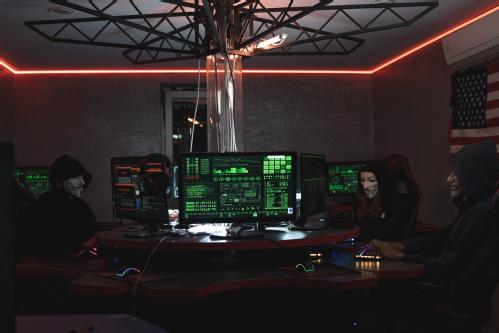
Support from WMG
However, if you encounter difficulties in learning, you can always seek help from our enthusiastic tutors. Tutors’ support is sufficient at e-BM.
Siqi talked about two examples:
‘Once I did not understand the code, a tutor started a video call with me at 12 am to help me solve the problem. I also encountered problems several times when doing group work. I remember once I asked a tutor at 11 pm, to my surprise, I got a reply immediately.’
Shibo talked that students at WMG have various ways to seek support:
‘As far as I know, students have different solutions when they encounter problems. Some students prefer to solve problems by themselves, while others prefer to ask tutors. This depends on personal preference. WMG provides many channels to help you solve them. For academic problems, you can directly ask tutors and course leaders. For other questions, you can ask your personal tutor. If your personal tutor does not know, other teachers will be recommended to help you.’
Therefore, you can always get help and support at WMG.

Gain at WMG
I also asked them what they have gained this year. Here are what they said:
'I feel that I gained a lot this year. DDS specialism involves many modules that cover practical skills. Many of them are quite valuable in future work. For example marketing skills, python, machine learning, AI, cloud-native computing, etc.'
'My ability to learn is trained during the year, especially the ability to think and analyse independently. WMG does not use exams to score students. Post Module Assignment (PMA) accounts for a large proportion in every module. You need to write a long essay or report for PMAs. From my experience, writing PMAs requires an overall plan and understanding of the knowledge system. This process is very challenging and valuable.'
Jun Zeng | e-Business Management MSc
What is like to be a course rep
The first time I heard about course representatives and the Student-Staff Liaison Committee (SSLC) was in the induction week back in September. My objective since my first day at WMG was to make the most out of everything and that included getting involved in everything I could, so I didn't hesitate to find out more information about what a course rep does. Last week we held our last SSLC and I would like to tell you more about this enriching experience I've had while studying a masters at WMG.
The process to become a course rep is quite simple but you'll have to take into account a few things. First, you must be aware of the important dates, such as the nominations deadlines which you can easily find on the SU site https://www.warwicksu.com/student-voice/academic-representation/. Afterwards, you may want to prepare an appealing manifesto to convince your coursemates that you are the ideal candidate who will speak for their interests. After that, make sure you tell your coursemates about why you want to be their court rep and remind them to vote before the deadline. These small tasks might seem insignificant but they help to build up confidence and you can practice your convincing skills as well.
Once you've obtained the majority of votes and you're elected as course rep is time to begin. Usually, the SSLC holds meetings approximately every two months. At the beginning, you'll be provided with guidance on what is expected from a course rep and all the important stuff you need to know ( really easy, don't worry). In my case, the real challenge and the most valuable experiences arrived after the first term, when all of us started to feel the impact of the new Covid wave and lockdown. The meetings turned into 2-hour discussions about all the concerns students were having such as accommodation, online teaching, tuition fees, PMA deadlines and a bunch of circumstances that were quite different from a typical academic experience.
In the end, most of the situations were solved in the best way possible with some adjustments to a couple of deadlines, feedback from the SU and the university regarding accommodation fees for the people that weren't able to be on campus and improvements in the online and blended teaching. Definitely, this was an uncommon year, but it has left me with valuable learnings. I strongly believe that my resilience, my negotiation skills, my ability to speak in public and my self-confidence were enhanced by the experience of being a course rep in pandemic times.
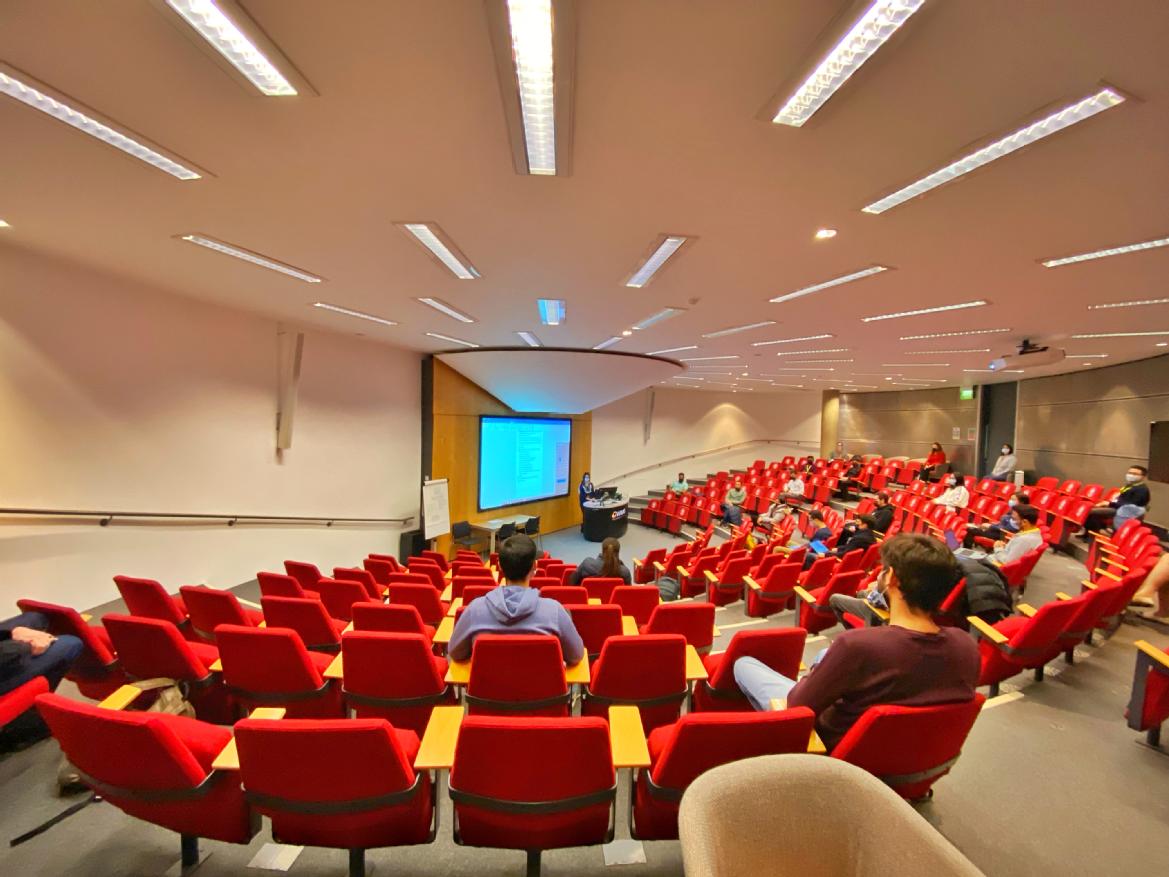
Moving to Coventry? Here's Why You'll Like It
A year ago, when I was choosing universities for my Master's degree, one of the things I heard about the University of Warwick was about the city of Coventry. Many students I spoke to told me that Coventry is not a very fun place to live in. In fact, a few told me, when you walk around, it's going to feel like an old automotive city in ruins. So here I am, to bust those myths and how.
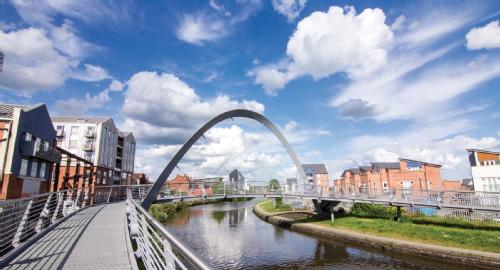
1. Variety to spice up your student life:
Studying at the University of Warwick makes me feel like this there is so much to see and do even inside the campus; it's a world in itself. Warwick is a campus university that has acres and acres of lush greenery, a sports complex, night clubs, cafes, beautiful lakes, and more. There is something for everybody here right inside the campus, whether you're peace lover or a party animal.
2. A super scrumptious food scene:
Studying in an intercultural environment like this one means you experience not just people but different cuisines all in one place. Coventry is home to two universities and thousands of international students. From Turkish to Mexican, Greek to Arabic, this city has options for those of us who treat eating as an experience. One Google search and few miles are all you need to get transported to another country, at least in terms of food.
3. Umpteen greenery and peace:
No matter where you choose to live in this city, you'll find a park at walkable distance. Open spaces that soothe your eyes with their green and yellows and whites, depending on which time of the year you look. Pick a book, take a frisbee, or just plug in your earphones and walk until you drop - if you want calm and peace from your daily grind, you'll find your way there.
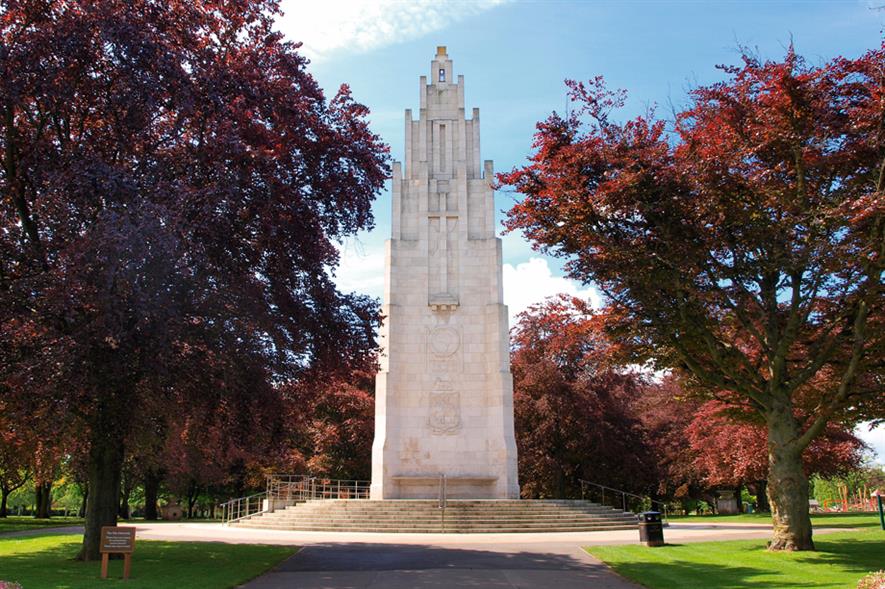
4. Feed your travel bug:
Coventry is in the West Midlands, strategically placing it close to some of the beautiful towns and cities in this country. London, Oxford, Cambridge, St. Albans, Stratford Upon Avon, Birmingham - whether your heart belongs to a big city, the countryside or historic castles, you are only a short train ride away. Whenever you're overwhelmed with the course, take half a day out and get exploring.
In short, Coventry might not be enough on its own but the product of its experiences and surroundings are more than enough for you to enjoy your student life. Whatever your personality, this city has something for you. All that matters is what you make of it and how many memories you wish to take away. All I would say is, wear your heart on your sleeve, take in all you see, and keep walking.
- Kajal Manwani
M.Sc in E-Business Management
Day One, Induction Week, First Semester - What to expect?
I vividly remember 05 October 2020 (Monday) was my first day at WMG, University of Warwick. I started my Cyber Security and Management course, after nine years of work experience, with nervousness and excitement since student life (again!) and UK University and study pattern were new to me. I echo you all in terms of cultural difference is different in case you are an international student. Apart from the lift and shift in lifestyle, I worried about what I need to do on my Day One and the following weeks and first semester?
Please keep reading, and I will narrate my experience, but unfortunately, I cannot promise you that we will share the same journey.
Before the induction week, I got a timetable for the week wherein I had to book my sessions on an internal port called myadvantage. These planned week-one sessions focused on course introduction, module list – mandatory and elective, types of module assessment, pre-requisites of technical sessions, and other social events like meeting your cohort. Irrespective of the virtual world, these sessions were planned as face-to-face and running online for virtual students.
Moving ahead in the following weeks, I was expected to complete training covering the significant aspect of plagiarism and referencing assignments. First, I had to assimilate the Harvard referencing style, followed by the University of Warwick and my department. Our course leader recommended few tools such as MindManager, Endnote, LaTex, Visio, InkJet to install and do self-learning as it will help us during our assignments.
Additionally, this period is the best time to tailor your CV and apply for graduate scheme roles. Exploit the careers team at the University of Warwick, schedule one-on-one sessions with them, and prepare yourself for the interviews. Participate in more such activities and attend seminars or talks organised by the companies that are relevant to your course and future.
Soon, I got my timetable for the entire year, excluding the elective module as the portal to choose our optional module opened by the end of November. As I had a breathing period to decide my elective modules, I scheduled a meeting with my course leader and personal tutor to understand the best suitable modules based on my background, experience, interest, and future growth.
Watch out for the space for project selection as the process started for me at the beginning of November. You will be expected to apply for different projects and attend a brief formal meeting with your future supervisor. Please ensure that you finalise your project topic and supervisor by the end of November. I managed to secure my dissertation within one week (Shhh!).
I did attend modules during my first semester, which I will be writing more in my next blog on module assessments and what happens during the modules.
SAE Social Day
You might be thinking that in a 20 (ish) person course everybody would know each other after 7 months of teaching. Well, technically yes, but is strange when you only know the voice of the person and a profile picture. As one of our course leaders said "People look really strange in 3D". Although I've met 9 or 10 people from the course before, when I arrived to the event I thought I was in the wrong place because I dint manage to recognise anybody. Which was great! because the meant more new people to meet.
The funny part was that as soon as we started talking we all recognised each other voices and that awkward felling of meeting someone for the first time evaporated. It was quite nice that also people form the staff was there to have a little bit of fun. It is great to spend time with the people that has been giving you lectures in an ambient different form the classroom (even the virtual one). Knowing a different side of WMG's academic team is quite nice since its easy to forget that online lectures are not somebody reading a script while showing a presentation but a person that is giving its best to share their knowledge and experience.
Everything started with the lunch, just as the last time, it was delicious. I really enjoyed that the central topic of conversation while we were eating wasn't the pandemic and online teaching. We were all sharing what we are expecting from the upcoming times, finding a job, travelling, continue towards a PhD. I strongly believe that being able to connect with people interested in the same areas as you is an important part of studying abroad since you'll never know if one of them can share with you the opportunity for your dream job or maybe teach you something that is going to be really valuable in your career.
After having lunch, Antony, one of our course leaders, taught us how to make paper rockets so we can have a bit of healthy competition and see who could launch it the farther. I discovered that handicrafts are not my thing but I really enjoyed watching how something as simple as folding papers can make people come together.
In the end, we just laid in the grass and talked about food and which places are the best in coventry. Wait for that blog.
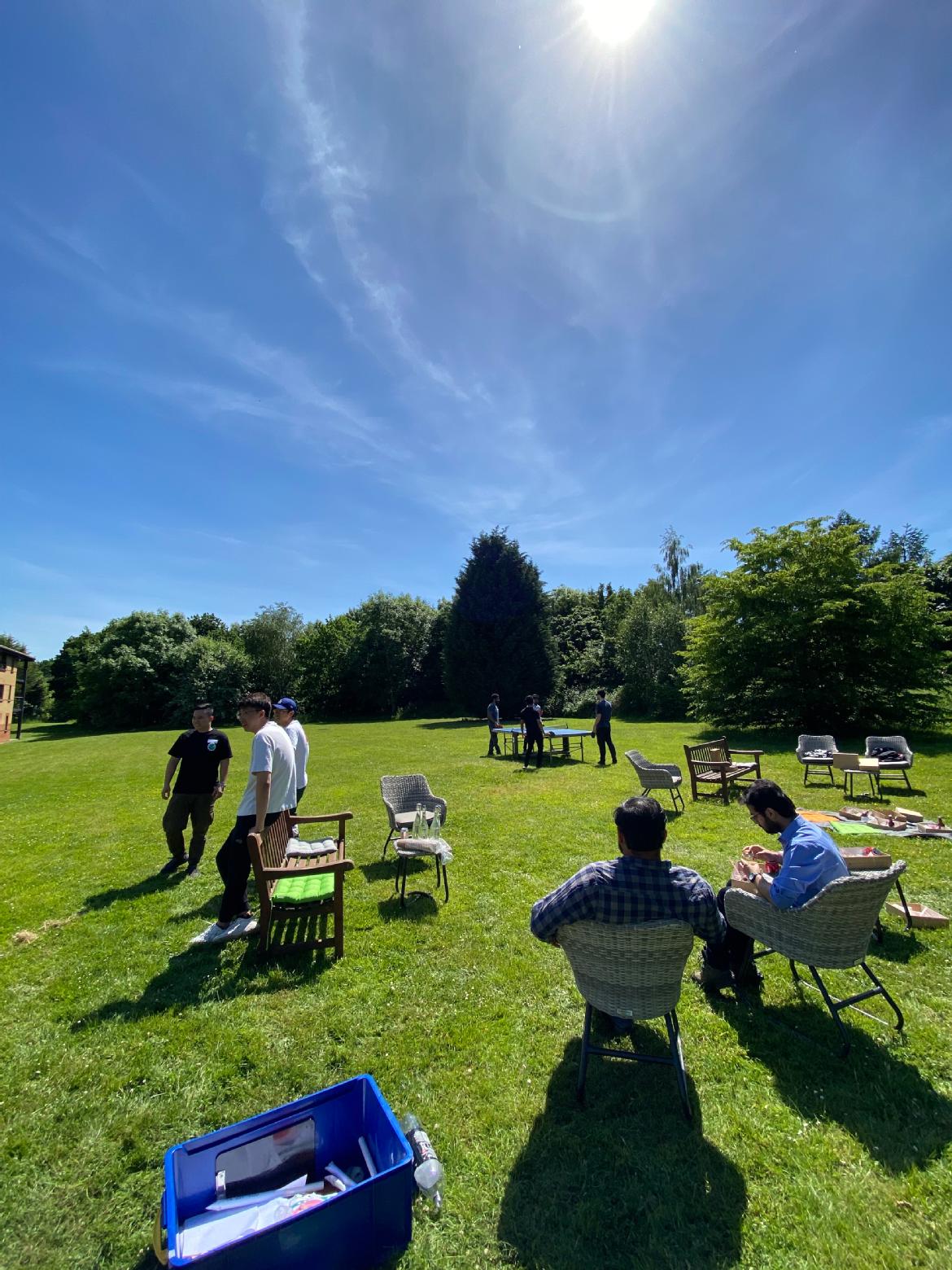
P.D. remember using sunblock when the summer arrives in the UK. Even though the weather in the UK might not becropical or dry, I got my arms sunburnt (Luckily I was wearing a cap).
Online vs Face-to-Face: Blended Learning Survival Guide 101
It's been an odd year, to say the least. While most students get ready to board a plane and prepare for freshers' week events, the batch of 2021 was busy downloading Microsoft Teams and creating WhatsApp groups of various types. This batch has used technology like never before - from socialising to choosing modules to finding accommodation, the pandemic showed us that place and distance don't matter. If you want to get something done, you will find a way. And we did!
Studying online became our way of life until the government announced that face-to-face teaching can be allowed for small groups. We had to adopt again. Students who were too shy to turn their videos on, on Teams' calls had to attend classes and do their IMAs face-to-face (should they choose). Instead of sitting in the comfort of our houses, we had to show up at class - after 8 months!
We've lived the best of both worlds in the midst of whirlwinds of change. So this survival guide is for those who are yet to begin either; for those are braving change even today, as it happens; and for everyone who has to adopt to unknowns at the drop of a hat.
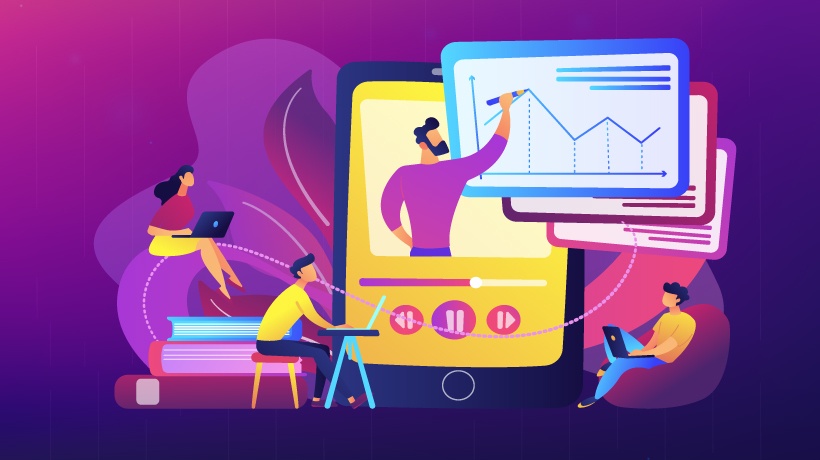
1. Being Open: This has been said before and yet there is need to say it, again and again. This is the only way you can be ready for what it comes, and most importantly, be happy about it. Being open means going in without expectations. Telling yourself that this is the year that will prepare you for every unexpected change so you will embrace it.
2. Unlearning before Learning: This needs to be done along with keeping an open mind. Unlearning essentially means that you leave your old habits behind, pick up new ones. Rather than basing our course of action on past behaviour, we observe the environment around us, take in as much as we can, and find new ways to find success and happiness.
3. Positivity all the Way: An age-old technique that never fails to work is looking at every situation to find the best in it. Applied to university learning this means that you see look for the benefits of online learning, make the most of them. For instance, students of face-to-face batches had to rely solely on their class notes, while we have the option of listening to lectures over and over again. Our batch is not bound by time; our time is ours to use - no travelling to university and no IMA group work till 10 p.m. Most of us were given the flexibility to organise based on our time zone as long as assignments are submitted o time.
4. Stuff the Comparison Bug: Lastly, it is for own mental good, that I say this - there is wisdom in not comparing our experience to anyone else's. We recognise that nobody else could have studied a challenging Master's degree in times as uncertain as ours and that it makes us stronger, better, that anything we could have been.
It's easy to get caught up in university work day in and day out, not paying attention to how you feel. But do remember that the narrative you create for yourself, in your mind, is the most important of all. Every situation and its possibilities are defined by what you think and feel.
So just follow these mindset changes, be conscious to your thoughts, and say yes to everything that comes your way. Godspeed!
- Kajal Manwani
M.Sc. in E-Business Management
Back to University: Doing my Master's Degree After Work Experience
If you've read my bio, you already know of my philosophy of using passion to guide all my decisions - career, life, or otherwise. After doing my undergraduate degree in Finance, my passion drove me to take up a job in writing content. Writing content for different audiences kindles a passion for marketing. Once I began understanding marketing, I became interested in business, consulting, and entrepreneurship. My interest in business led me to the Master's of E-Business Management at WMG, University of Warwick.
I guess where I'm getting at is that, as long you're following your heart, you're doing it right. Should you still need help making a decision, then I hope that this guide will help you.
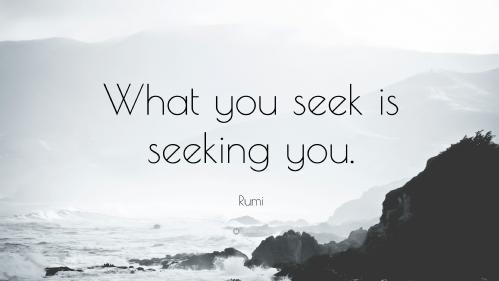
1. Your Interests: We're always asked to build hobbies while growing up and they are treated as just that - things we pick up when we want to be at leisure. But with the career opportunities available today - animation, interior design, game development, social media management, Android development - anything has the potential to turn into a career. Look back on everything that you have been interested in at school, during under graduation, or even during vacation. If you're passionate the gates to motivation open for eternity. But wait, first look at points two and three.
2. Your Skills: When I decided to move from a writing career to a marketing one, or from marketing to now doing a business degree at WMG, I knew of my interests in the areas. But figuring out if I had the acumen was crucial. So I looked to see if some my skills could be transferred to the area I was aiming at, then targeted job roles or courses that built my skills portfolio further. This could be one of the approaches you could try, too. Or take up skill and personality assessments that point towards career paths. Many of them are now available for free.
3. Your Future Aspirations: While 1 and 2 are important, they serve no purpose without a vision. I'd read somewhere that we overestimate what we can do in one year and always underestimate what we can do in three years. What I'm trying to say is that everything worthy takes time to build. But both hard work and time spent go in vain without clarity on where you want to be. This Master's degree happened to me because I didn't want to be a marketer or writer. I want to be a business woman in the digital space. I first created a vision and then walked backwards to see which courses fit it.
The M.Sc. in E-Business Management is so comprehensive in its approach. It gave me the opportunity to pick an area that I loved, marketing, along with giving me the exposure other areas of digital business - information systems, e-customer relationship management, e-commerce, digital consultancy - so that I have a holistic experience of business right inside the classroom.
Kajal - e-BM
We accept and support YOU!
Happy Pride Month!
The University of Warwick's core purposes, namely, Research and Education, will advance and become stronger by four key strategic priorities. Inclusion is one of the priorities that enable us to gather talented and skilled students and staff from across the globe to be part of the university. Our diversity and inclusion priority aims to remove the social, economic, and cultural barriers by providing equal opportunities to everyone irrespective of their background, race, faith, gender, disability, and sexual orientation.
At WMG, University of Warwick, we firmly believe that people who define themselves as LGBTQUA+ could choose to share sexual preference or gender with their classmates, teachers, or anyone. We respect your decision if you wish to remain discreet and do not want others to be aware of your sexuality or gender. Coming from a developing country like India, I sympathise with individuals bullied by other undergraduate students, their family members, or society. I promise you WMG, University of Warwick is a safe place to be, and you will be accepted if you decide to be yourself! However, I am sure time is changing, and every country is trying its best to evolve itself in terms of inclusion and diversity.
How different are we?
We have set four themes that form social equality/inclusion equality objectives for 2020 – 2024. In a nutshell, these themes target to increase diversity, imbibe the diverse culture, and create an inclusive environment on campus to become an internationally recognised leader in education.
Formulated Rainbow Taskforce to help in the progression of LGBTQUA+ equality at the university. The advisory body makes recommendations to the social inclusion committee to represent and raise awareness of LGBTQUA+ matters and positively change them.
Lastly, you would see pride events being organised and promoted on the official websites such as the myadvantage Warwick website. Online events have an option to log in as an anonymous user if you wish to remain discreet.
We hope to sow the equality, inclusion, and diversity seed so that the professional world can reap the fruit of respect for sexuality, ethnicity, gender of other individuals. Maybe a few years down the line, we hope to celebrate each day as Pride Day and not wait for half of a year to end and celebrate Pride Month in June.
I got my first dose of Covid jab
I want to share my experience when I got Pfizer covid vaccine last week. I was scared first because I have heard so much dangerous misinformation about Covid vaccines and the side effects. I don't want you to feel the same as me, so I share my experience to let you know what it was like and the process.
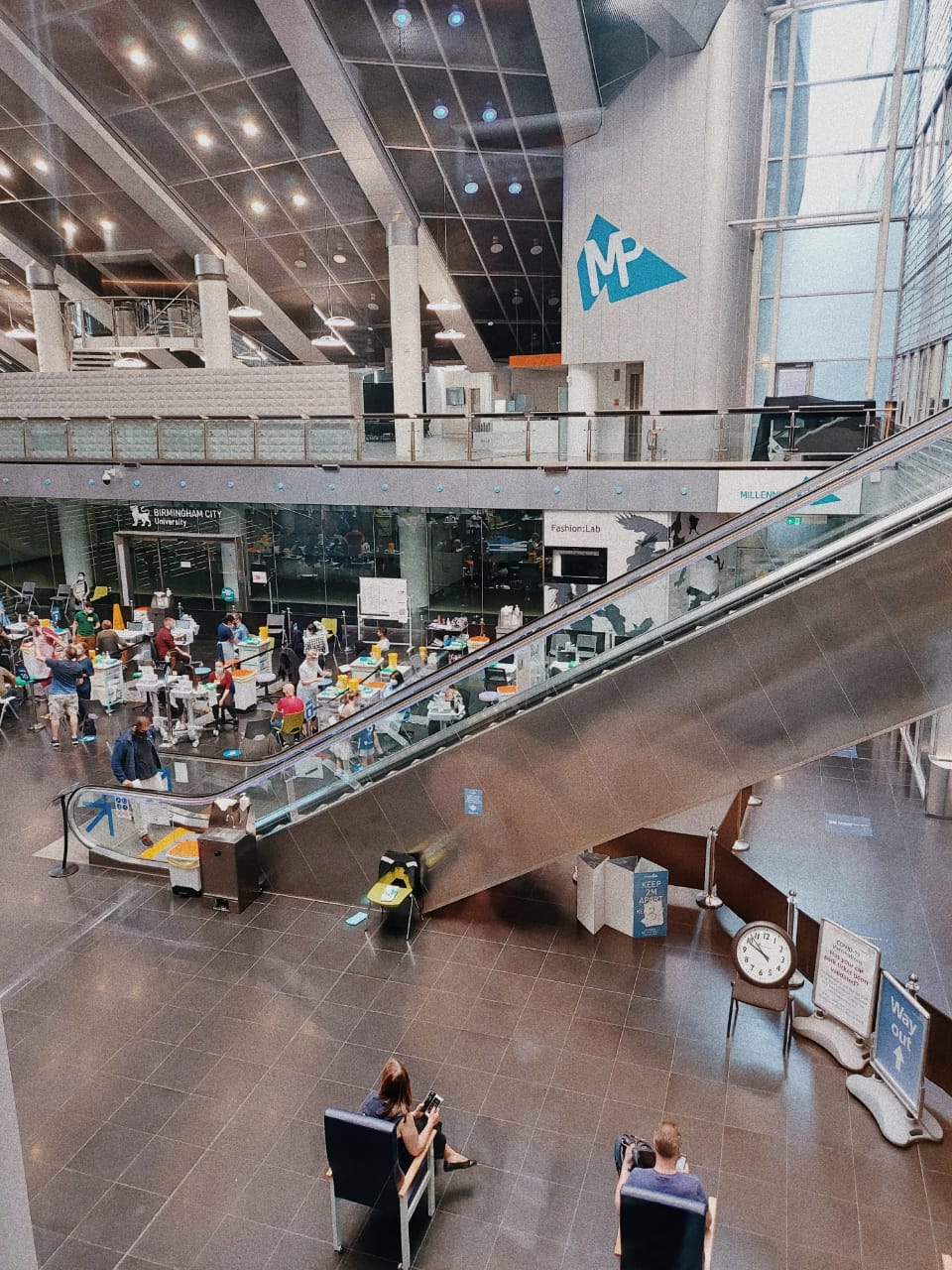
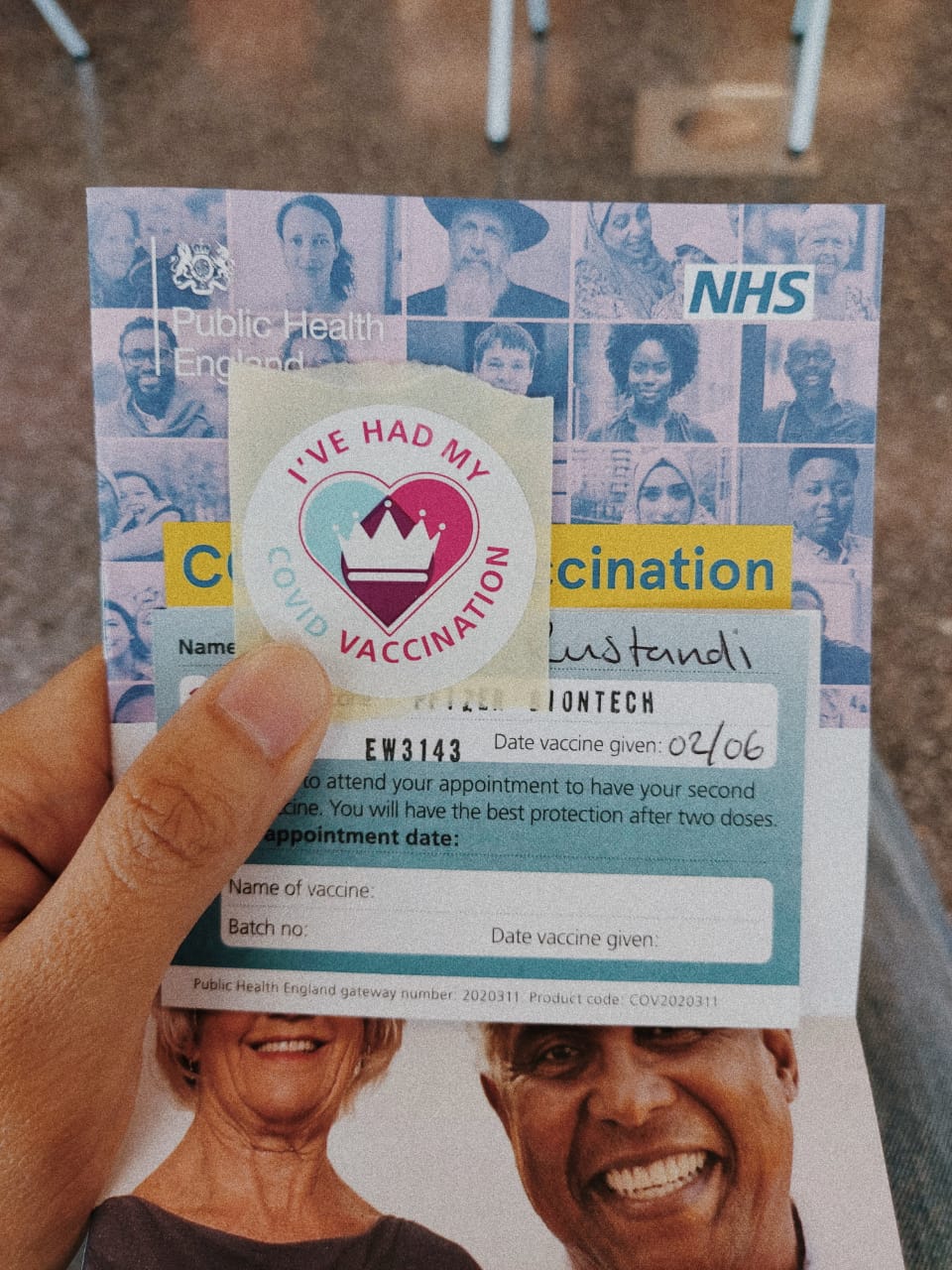
I am 31, and I don't have an underlying health condition. I waited until my age became the priority. When my age became eligible to get the vaccine, I didn't wait for my GP to contact me. I booked my appointment through the NHS website for my first and second dose. I suggest you book directly on the NHS website rather than waiting for your GP to contact you. You can book your appointment here (https://www.nhs.uk/conditions/coronavirus-covid-19/coronavirus-vaccination/book-coronavirus-vaccination/).
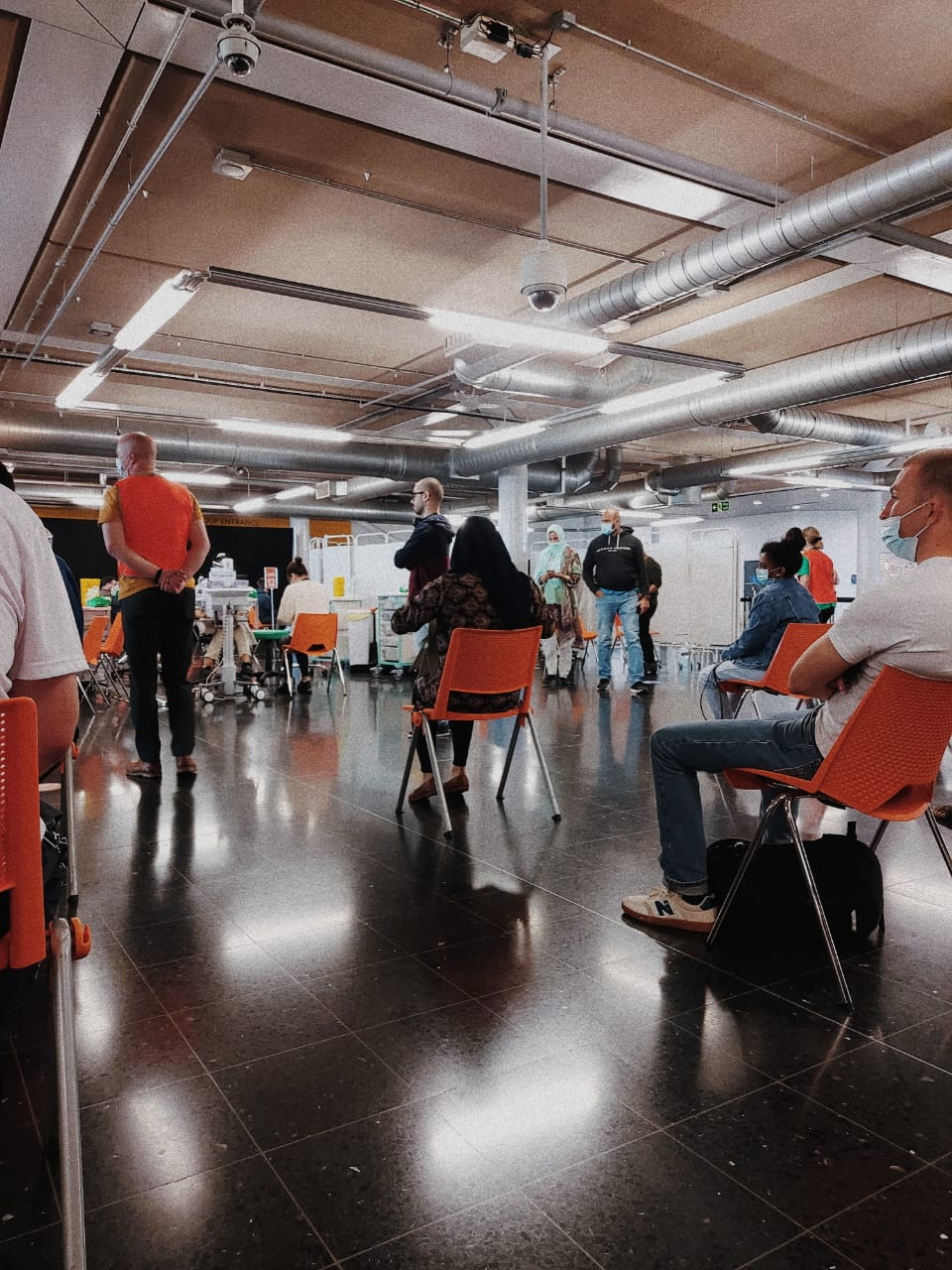
I visited the Millennium Point vaccination centre in Birmingham on Wednesday afternoon to receive my first dose. I took the bus from Coventry, and it took 1 hour. When I arrived at the vaccination centre, the staff gave me a flyer with detailed information about the vaccine. The queue was not long because everything was efficient, thumbs up for NHS staff. I was panicked because I saw a person collapse after 5 minutes took the vaccine. Still, NHS staff was very helpful to calm me and gave me mineral water. The jab was quick and not as hurt as I thought.
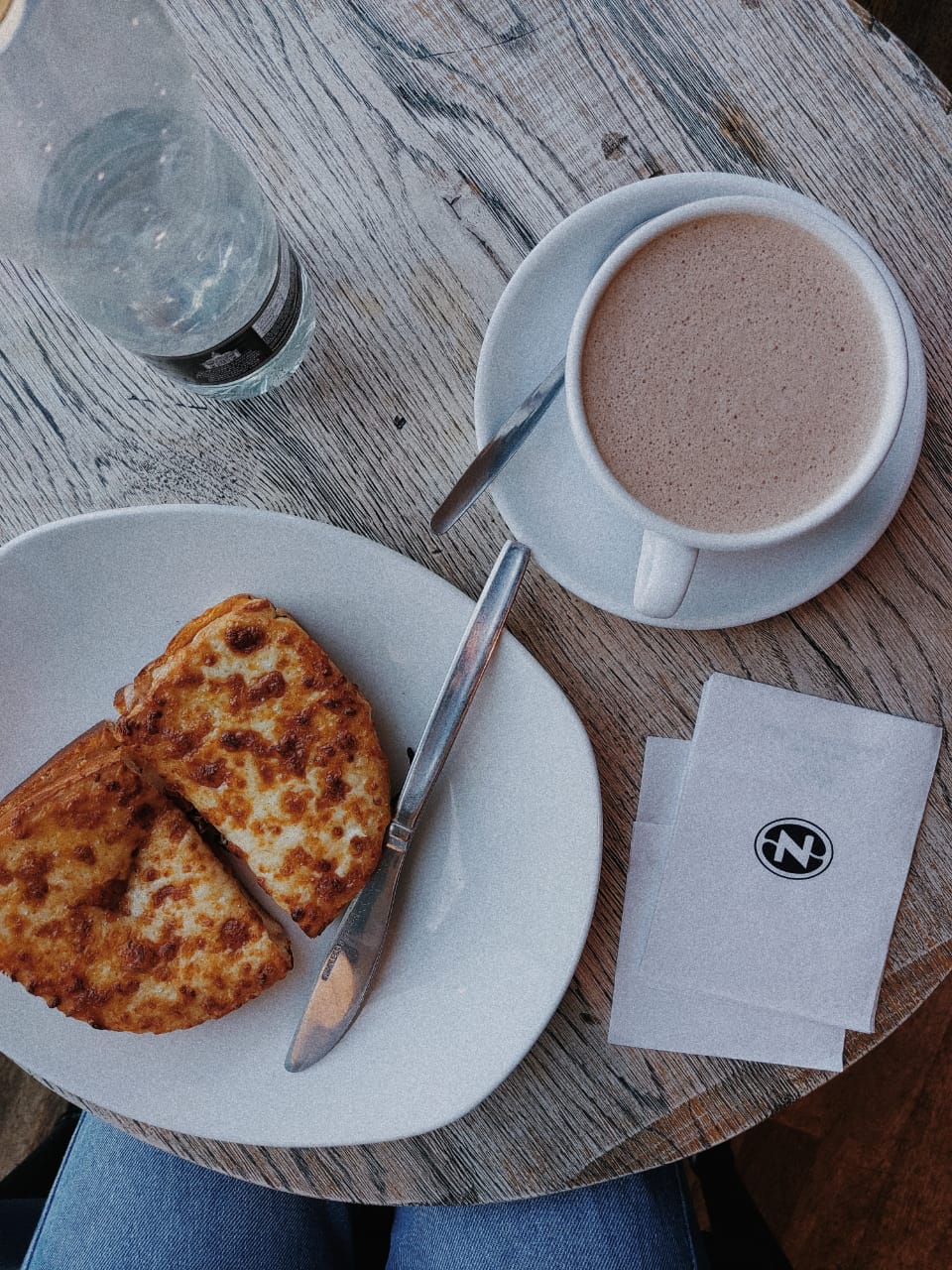
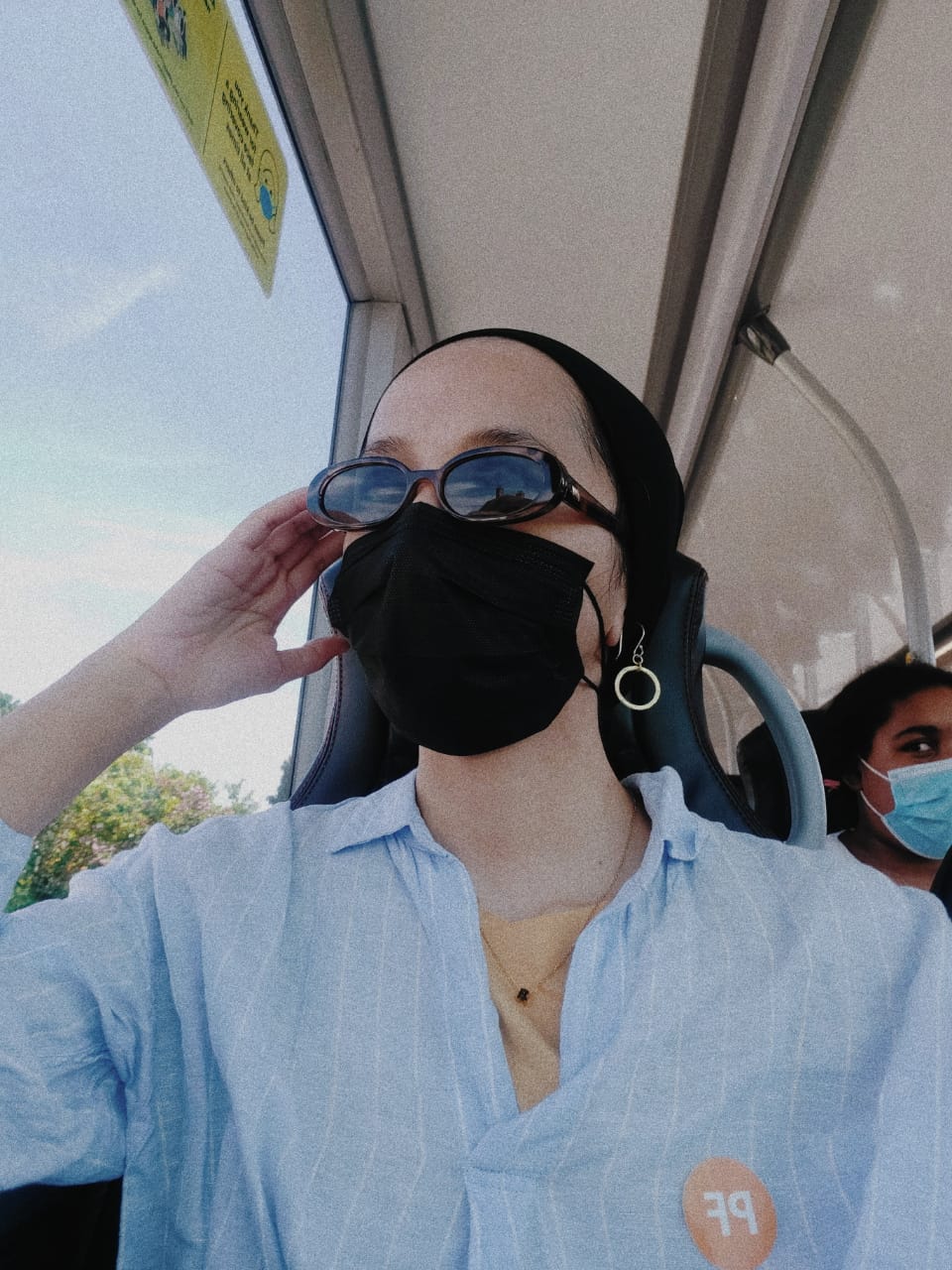
I need to wait for 15 minutes after the jab, and they directed me to one of the waiting rooms. The 15 minutes was to ensure I did not experience any allergic reactions or side effects. I set a timer on my phone. When it went off, I went to bullring to have lunch. My arm just a little bit ache, but I didn't have a bruise. I went shopping before going back to Coventry. Later that evening, I felt sleepy, which is a common side effect. The next morning, my arm was not aching again, and thanks god, I didn't feel anything bad.
Overall, my experience was great, quick, not as hurt as I thought, and the side effect was very mild.
Best wishes,
June, IAE
Spare time at Warwick
 Being an international student at Warwick is an experience few people might say they had so you better profit from it. Finding the balance between the university life and university duties is definitively a challenge.
Being an international student at Warwick is an experience few people might say they had so you better profit from it. Finding the balance between the university life and university duties is definitively a challenge.
There are lots of activities, clubs, societies etc., as student you could join, I am sure you will not miss deadlines to join because the Student Union will inform properly about the clubs available for your academic year. Otherwise, you can access the official website and take a look. Finding extra activities you like it is highly recommended while at Warwick, because you are going to meet friends, possibly not from your course nor your department and will be the safe escape from assignments. Probably your spare time will be dedicated to it.
In my case I joined the gym, just because of swimming pool, for me this activity suits me the best and keep me healthy, you know, exercise is another source to keep good mental health. Because of my routine, I have met people from outside the university, “the pool mates” what is interesting is that they are normally people over 60’s, I find interesting how they “see us” and you know, a little of their personal experiences, tips regarding swimming or even advises to visit those places which are a treasures hidden from the tourist ads.
In general, I swim to relieve the stress from the assignments, after swimming I feel my thoughts are clearer and actually is a good idea to think in detail about anything, always my favourite place to find pros and cons to make decisions. When I feel a task, assignment, or idea is blocking me, I know how to help myself.
As I mentioned before, lots of students attend to the gym so I have met many people there, the gym is a good people to meet people interested in similar activities as you. In my opinion, their facilities are just about right. As I am only interested in swimming, I’ve got the chance to visit sauna or steam areas too, they are good.
By the time I am writing this is summertime at Warwick and at least for me has been quite hot, so one way to feel at home is swimming as my closest activity to feel the Caribbean vibes I am used to.
Perhaps the gym is not your thing, but as I said, maybe you are interests in dancing or basketball or outdoor activities. There are cubs for everybody.
Study Spaces on campus
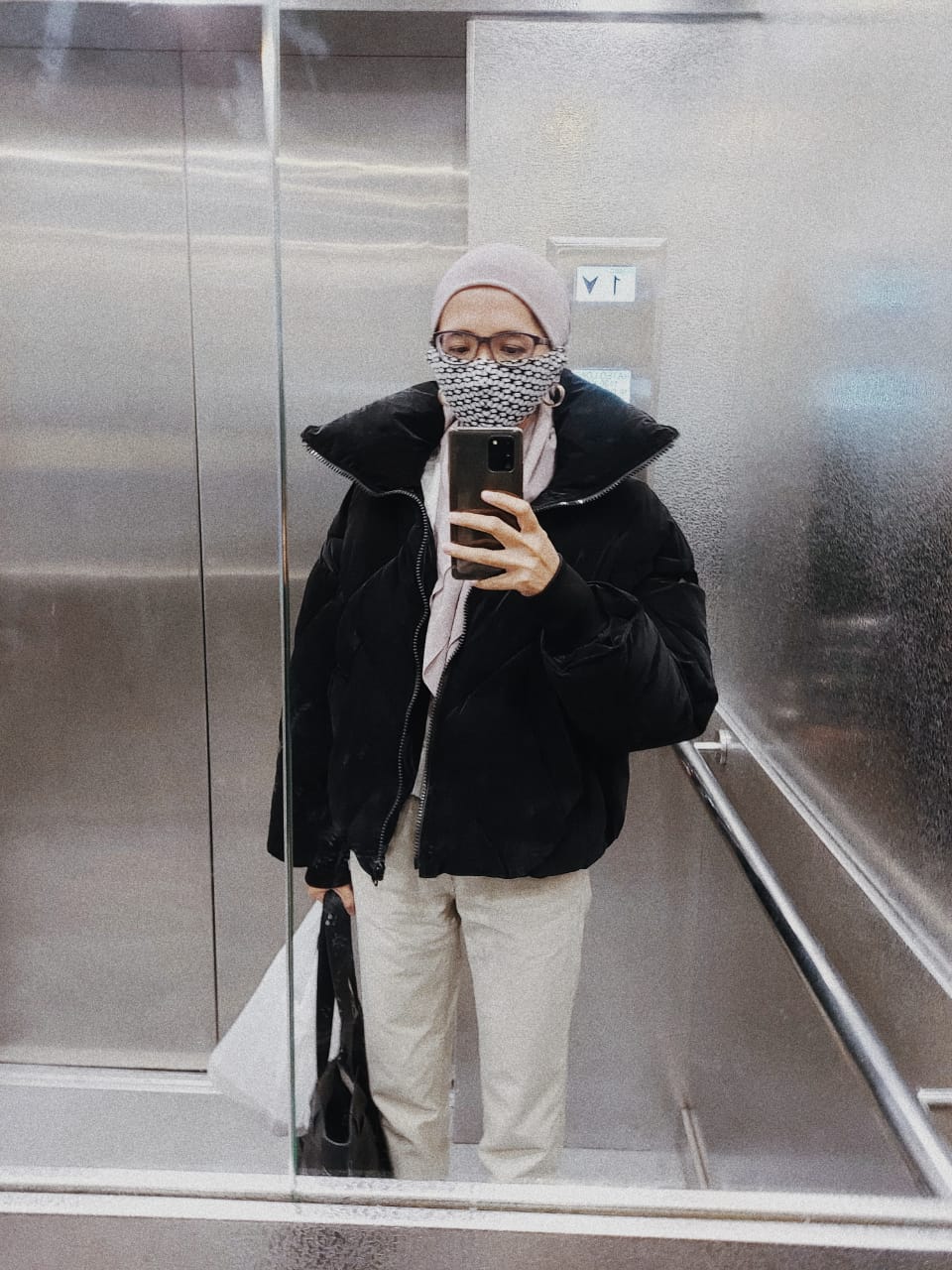
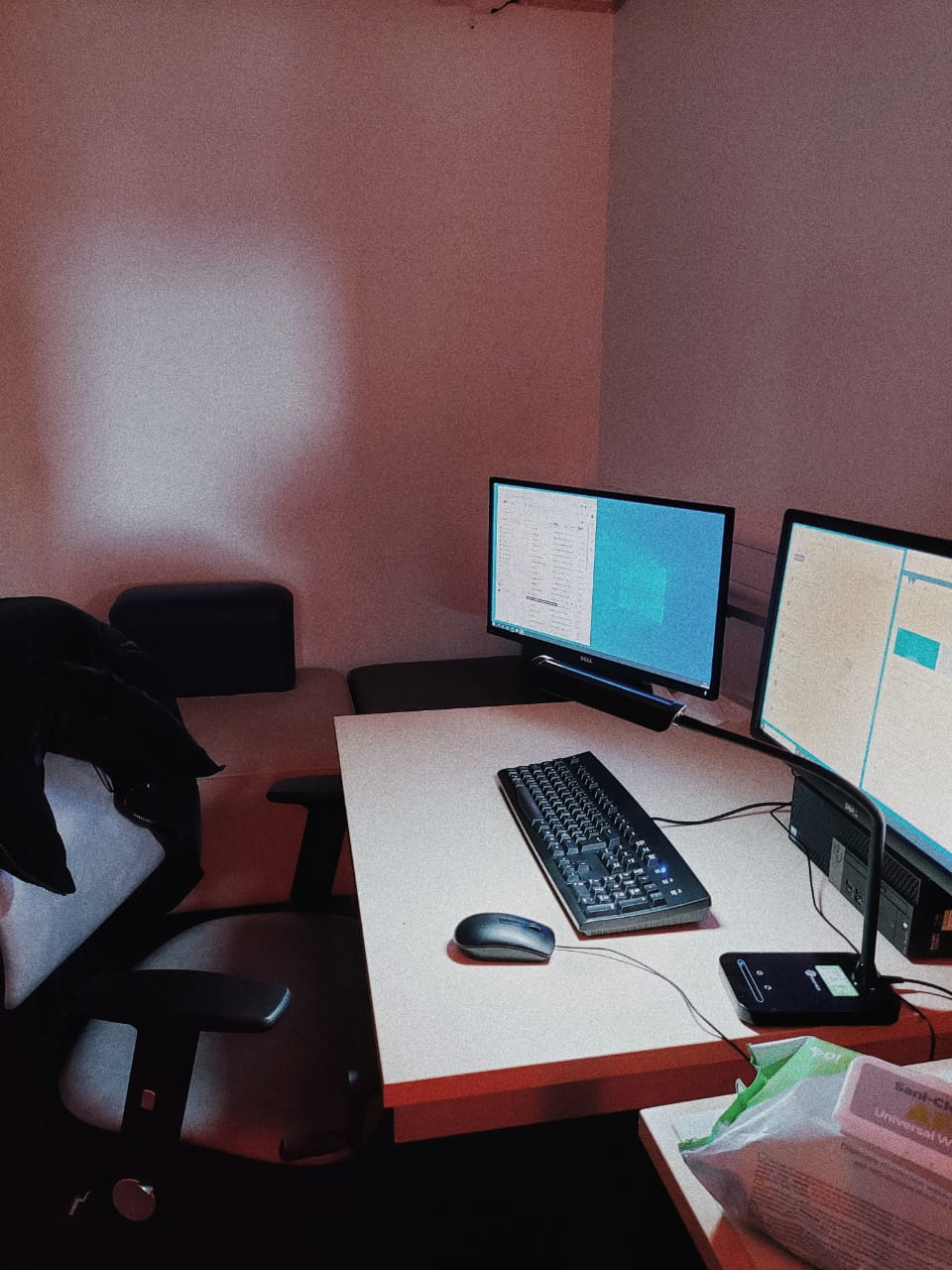

FROM ENGINEERING TO BUSINESS, IT WORKS!
Holding an engineering bachelor’s degree and pursuing your business master degree, this is for you!
As somebody who pursues a business-related masters’ programme, I am often expected to have studied a bachelor's degree in a similar line, whether economics, management, marketing, etc. Therefore, faces of surprise and confusion usually arise when I say that I graduated in electrical engineering as an undergraduate.
It may look like these two topics, engineering and business, have nothing to do with each other. However, I am about to tell you how mistaken you are if you think the same.
First and foremost, it is essential to bear in mind that both disciplines share a common objective: to satisfy people’s needs and solve life problems. Yet, the point of divergence is only found in the approach each one uses to achieve this mutual target, which is totally different.
Engineering will strive to address people’s needs by applying all theories and tools to find a solution in the most pragmatic, efficient and accurate way. Conversely, business does not operate as an exact science, but it is social, subjective, variable, dynamic, and often emotional. Therefore, whereas technical problems will always be solved systematically, what works for a company or a market does not always apply to another -despite being very similar.
However, this opposition is what makes mixing these both fields, logics and intuition, so unique. All in all, being able to have these two perspectives makes me more prepared for the challenges of today. My background forces me to be analytical and cold, which is sometimes necessary, but my new education reminds me of the complexity and changeability of human nature. Lacking one of these abilities would be detrimental in a business context, which explains why most CEOs from top successful companies are actually engineers. But do not worry if you are not one. Analytical skills can be gained in various ways!
If you, like me, have discovered that you want to explore a different job market from the traditionally attributed to your BA; and thus, want to embark on an unconventional masters’ journey, do not hesitate to go on. Indeed, I would advise you to try different fields in each step of your educational journey. Versatile and multi-disciplinary workers are those who are more valuable and needed these days. Those who can look at the same thing with various lenses and eventually conclude which can work best in each situation.
I see that WMG is the right place for any engineer who is seeking business studies. Many of the business modules are taught by engineers who are business experts as well.. which makes you feel you are understood and well guided in your next career steps.
Thinking about accommodation

One of the things you as a new student you might need to sort out in advance is about where to live, therefore, I reckon is a good idea to share my thoughts about it.
Remember some accommodations are thought for certain students, so depending on if you are an undergrad or a postgrad student there are options available. You might go and look up on the official website, I am sure finding the correct link on the website is not a problem and information about prices, general characteristics and some pictures are available.
Firstly, I would say there is no just one perfect place, because that depend on your preferences, the things you like and the expectations of the accommodation for you.
I would say, it is important to bear in mind while applying the following:
1.- Be aware of the budget allocate for it.
2.- Think about if you like to share bathroom (you can start discarding those options otherwise).
3.- You are not living with your family anymore (they might become of course) so being respectful about everything is essential.
4.- In general, tolerance is an adjective to develop or to keep practicing because you are sharing a very important place (the kitchen) so food and its perception from some cultures is completely different.
Because I have the chance to always walk through the campus, for me, accommodations in general here are a good option. I can feel the vibes in some of the flats through their windows, this is why I presume most students love their places; at least I do, I really love the fact I was placed in Claycroft because I have the chance to live with students from different departments and different backgrounds, which have increased my chances to meet even more people. The highlight of my days is dinner with them, we have shared many days, I have learned about their cultures, family and stories which I value very much. I also have learned how to re-create some recipes from them, learning from them through their food it is very important for me.
Claycroft is now a very deep to my hearth. I have included an amazing shot from my window, is it not just great the view I have!?
Who would have thought during the pandemic I would be happy to be quite locked up… I cannot think in another great place to be during those days where I experienced everything but suffering.
Eduardo, SCLM
Seven months at Warwick
This is the official kick off for this blog, so I wanted to share what Warwick means for me.
I must confess that it took me quite a while for this dream to come true, I imagine for most of international students it is quite a decision to make, in my case, I left my life behind so the decision was a bit scary, mostly because I was not sure at the beginning, I wanted to expand my knowledge, always aware that this would be the way I could enhance my personal and professional aspirations, however, I also knew this project might be quite hard to achieve but I recognize that the results outweigh the drawbacks we all face during the process. Now without hesitation I can say I made the right decision, I simply could not have missed this chance; as they say, “you never know what is on the other side waiting for you”, I have found new friends, enchanting places, fresh knowledge, newer skills, countless opportunities and obviously challenges.
I guess evolving requires some actions to take and in most of the cases, routines need to finish; before Warwick I used to work, my life was good but I always had the desire to achieve a master qualification, so I decided to step out my comfort zone and I commenced the application process… some months after that day, there I was, at Birmingham airport with huge luggage, inexplicable feelings and nervous for the new life I was about to start. The first thought I had right after arriving was about the students I would live with, I am not going to lie, one of my question was, “what if we did not get along well?” Friends are important in this process, luckily, I am so lucky because I am living with the most brilliant, supportive and charismatics students this year, what is even more great is that we do not share the culture nor language, so I am learning and enjoying every day with them.
Some months after that first day, 7 modules have passed, a challenging work in progress with my dissertation, lots of friends from all over the world, a perfect household, the best memories I could ever had during the pandemic, have made of me a person I barely recognize from that guy from day one finding his flat at Claycroft. The below picture was taken to remember my first week at Warwick.
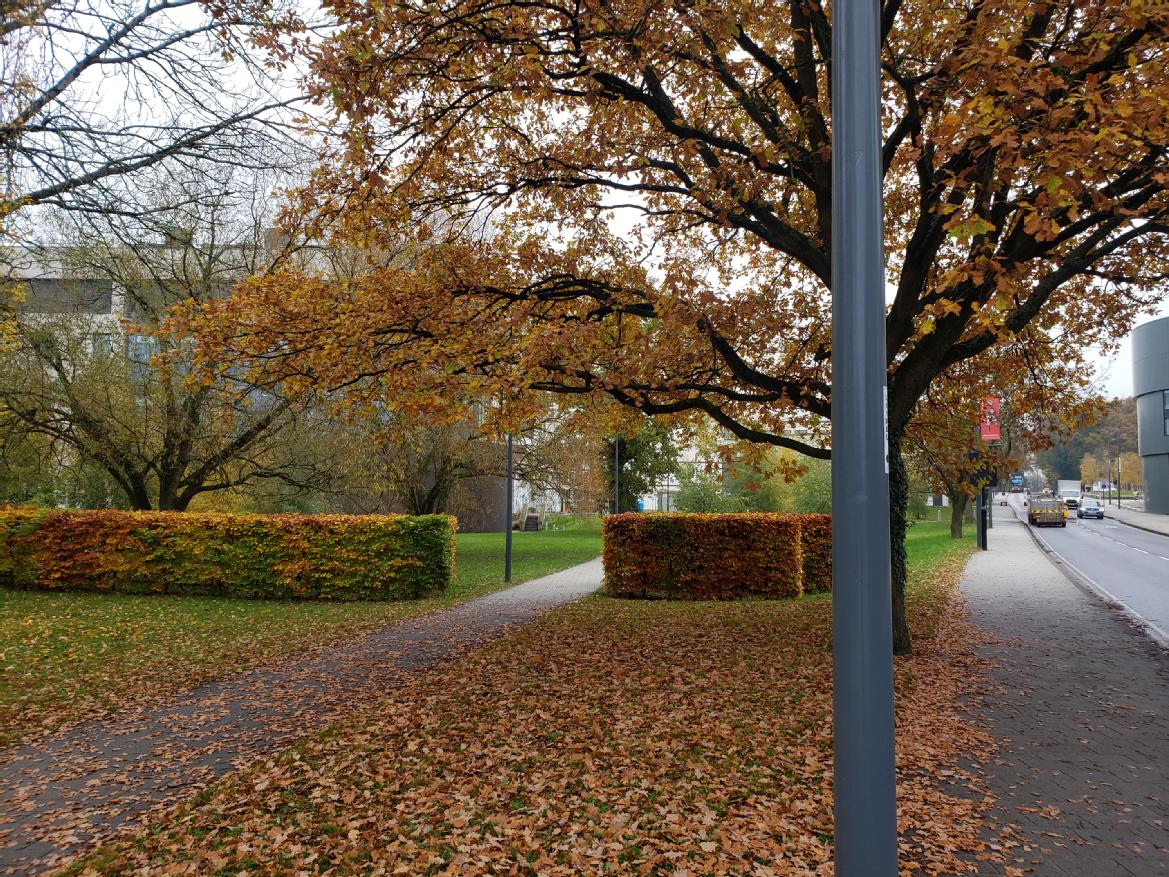
Eduardo, SCLM
PMA Guide
Getting through module week is only half of the challenge…completing the PMAs is the next step in the process, and is often a complex and tiresome one. That is unless you follow these easy steps to ensure you achieve the best grade possible…
As soon as the PMA briefing is released, make sure you:
1. Read the question(s)…and then read it again!
It is important to make sure you really understand what the question is asking you and how you will approach this. If you do not understand the question or what is expected from you, this is the time to contact the module supervisor with your queries…as they will know exactly what is expected for the top marks. Once you have a good understanding of what the question is asking, write down some initial ideas and gather your notes from the module week… now you’re almost ready to start.
2. Set out a timetable
As I’m sure you’re aware by now, time management for your Master’s degree is essential. Therefore, allocating time for research, drafting and refining will really help you in the long run. Leaving the PMA until the last-minute is the worst thing you can do, as the quality of work expected at a Master’s degree is much higher than at undergraduate level.
3. Take breaks
As important as productivity is, it is also important to schedule in regular breaks doing the things that you enjoy. This will allow you to switch off and recharge your brain for the next focused session. Most people at Warwick find comfort in going to the gym, going out or hanging out with friends. If you are fortunate enough to live on campus, it's nice to take a long bike ride exploring the different parts of the beautiful Warwick campus… something I used to enjoy doing during my undergraduate study at Warwick!
4. Draft, refine and refine again!
One of the benefits of starting early is that you will have multiple opportunities to refine your work. An important step to writing a good PMA is following the university writing advice, set out in the SPA module. Critical analysis is what will differentiate a Pass from a Merit or a Distinction… so you really need to become an expert at this if you want the top grades. When you are comfortable with your final draft, send it to your personal tutor or module supervisor, this allows you to gain more insight as to where you can improve before you submit. It is also important to use the feedback from previous PMAs to ensure you improve the quality of the work every time.
If you follow these steps, I'm sure you will smash those PMAs… Good luck!
Leah Samuel – Service Management & Design
World at WMG brunch
Sunny day and in-person social event are two phrases that might be impossible to read together living in the UK in times of Covid, but what a better day than last Thursday when we celebrated the World Day Cultural Diversity with a nice lunch and a lot of fun!
Unfortunately, due to the everchanging situation we have been living in, I was feeling that I might have missed a great part of that international experience I came looking for. Nevertheless, I have never agreed so much with the phrase: It is never too late.
Although I am quite busy at the moment, I managed to save some time for this event with no regrets at all. We started with an icebreaker activity that consisted of crossing out phrases on a paper if someone identified himself with what was written down. To be honest, I barely crossed two out of 16 because I spent the time chatting with everyone and sharing about different things, where were we from, how our modules have been and a bunch of interesting things. I guess the objective of the activity was fully met.
After that, we grab some tasty food from the food truck that was there at the event, and we sat all together to keep talking. What I liked the most is that I felt that everyone needed this, a bit of a feeling of normality, human contact, share how hard these times have been for all of us and know that we are not alone in our feeling. At first, I was thinking about spending around one hour there, but the atmosphere and the people were so great that everyone stayed there for more than three hours. After the nice talk, we played table tennis, we were terrible, but it was all laughing and fun.
As I said, it is never too late to meet great people. This was the perfect boost I needed to keep on working because now I can say that WMG has not only provided me with a bunch of knowledge but also great experiences that contribute to my personal growth. It was great to learn a bit about other cultures and meet amazing people.
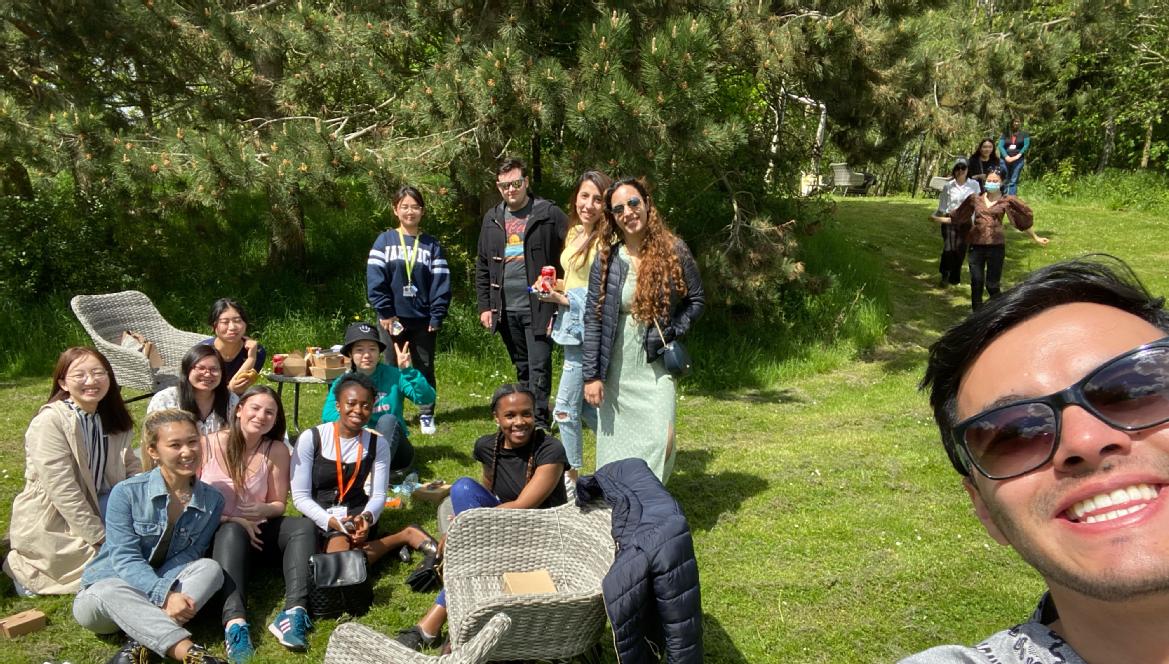
Luis, SAE
OUR GREEN CAMPUS
The University of Warwick is one of the universities with more green spaces in the UK. More than half of the 720 acres that the campus comprises of are full of trees, grass, small lakes, and flowers. Living on campus is, therefore, like living in the midst of a huge forest.
This was one of the things that was required when Warwick was constructed more than fifty years ago: to integrate the campus into the existing nature of the area, altering and damaging as little as they could. So, if you come to Warwick, you will be able to see by yourself the hard work that the staff do in keeping the space green.
With the rapid and exhausting rhythm through which our daily routines operate, especially being students, having a green and calm campus to disconnect from your studies, get in touch with nature and then return to your schedule later with a fresh mind, is vital. It not only makes students more productive, but it also presents clear benefits for mental health.
During Covid-19 times, it has really made a difference. I am sure that my experience is relatable for almost all students who live on campus without their family or friends while facing lockdowns and restrictions. Personally, my experience would have been way worse if it were not for the environment of my beautiful campus, which made me feel I was not so locked in all the time and gave me the energy to keep going.
Sustainability-wise, Warwick is also highly committed to this agenda. However, the area's natural landscape is not the only factor making the university a sustainability hub. In fact, Warwick has a whole department working on building a more eco-friendly campus, Warwick University Sustainability on social media or Environmental Warwick on their main webpage.
The department takes care of the protected areas of the campus, but it offers a wide range of initiatives as well. From raising awareness of the climate crisis in which we find ourselves, reducing the university’s environmental impact or promoting conscious and respectful behaviours towards nature. These are only some of the tasks they undertake.
Examples showing the university’s willingness to take action for climate are the implementation of free shared transport for students -WM on demand-, the events of the Food Waste Action Week, or the recycling spots in all facilities.
As you can see, Warwick is not only a place to study. It is, besides, a place to breathe, get lost, discover, and feel free...And, most important, it is a place that considers the major challenge of our time, climate change, and strives to help tackle it in all the ways it can!
Ahmed, IAE
1 DAY TRIPS FROM CAMPUS: 4 CITIES TO EXPLORE!
One of the reasons why I chose Warwick for my course is its location. Placed in Coventry, the Midlands, the University finds itself at the very heart of the United Kingdom, from where it is easy to reach all points of the island. For students like me, who come from abroad, this is a great opportunity to better explore this new environment, and especially, have fun with your classmates.
Today, I will be showing you four cities you can easily visit in a day travelling from our campus, so take notes!
Birmingham
The first option you should consider is Birmingham, the third biggest city in the UK, which is less than an hour away. Get there fast with the train or take a bus from Coventry, from where you will spend a good time also gazing at the amazing landscape while you luckily sit at the front seats of the bus on the second floor! Once there, you cannot miss having a walk through the canals of British Venice, nor to enjoy street performances at the lively Bullring.
Oxford
At only one hour from Warwick University, you can also get to Oxford, the home of the oldest university in the United Kingdom, which opened its doors for the first time in 1096. Although it is not a very big city, its streets are full of history, something you will feel while wandering through the old university buildings or its wonderful castle.
Nottingham
Going a little bit further, by taking a two-hour train, Nottingham is just at our reach. This charming city has a very versatile appeal. If you are interested in archaeology and history you cannot miss visiting its caves, which date back to 1250AD. By contrast, if the law is your thing, Nottingham is also the location of the National Justice Museum. But many other cultural venues are also available in the city, making it perfect for you whatever your taste is.
London
And last but not least, you cannot come to the UK without visiting its beautiful capital, London. In spite of being a bit far from our university, we have the chance of having a quick train that will get you to London in roughly two hours. Get the first one in the morning and you will have the whole day to spend in London. The train will leave you in the centre of the city, from where you will be able to walk to Picadilly Square, Big Ben, London Bridge or Borough Market.
of the city, from where you will be able to walk to Picadilly Square, Big Ben, London Bridge or Borough Market.
These are four of the best gems you can find near Warwick, but there are many more yet to explore. Ready to start preparing for your next day trip?
Ahmed, IAE
Teams is my new companion.
Somewhere in the world, one of the students must have dreamt of attending lectures from home in his/her comfy clothes. Now, we all would agree that dreams do come true! (Food for thought: Keep Dreaming and Carry On Reading).
What a year it has been! In the new-normal virtual world, we (the students) were meant to attend the university remotely and expected to grasp the knowledge shared via our computer screen. To bridge the gap between tutors and students, we need an interactive tool, and Microsoft introduced an application called MS Teams to integrate technology and humans.
What features does MS Teams provide?
- MS Teams allow you to set up lecture sessions for a maximum of 250 students (as we speak).
- Create mini-groups/teams and add students/friends to your study groups.
- Upload class materials under the “Files” tab in the teams created. At the same time, you got the power to control access such as read-only or read and edit, etc.
- Record meetings - If everyone active in the session has given their consent, you should record the meeting. It is also possible to download or view the recording online later while you revise the module or work on your assignments.
- Setup tasks, internal deadlines, and notification – You can assign tasks to different team members and collate their status. Parallelly, an email notification could be scheduled so that your teammates all mindful of the time left for our deadline.
- Create, Save, Modify Files – You or your entire group can work on files together within MS Teams without opening them in your respective application.
- Share your screen – You can present your entire computer or specific screen, including playing a video along with its audio.
- Control screen remotely – When you need technical assistance from your tutor or IT technical analyst to resolve any specific error faced during a module.
Teams Lecture Room Etiquette
- Keep yourself Muted unless told or wish to speak.
- Raise your hand if you have a question.
- Share your thoughts or questions via the Chat tab.
Sometimes, my morning tea begins with an MS Teams meeting, whereas few days end with late-night study with my classmates. That is why I say Teams is my new companion, as it is the only constant in my life during this lockdown blues! My bedroom has turned into a personal library wherein I can sit next to my classmates (virtually and without two meters distance) and start making study notes or have a social drinks session along with fun virtual games.
Lastly, the lecturers love saying, “Please remember to register.” as we need to submit our attendance on MS Teams. Personally, I love this feature as it reduces human dependency!
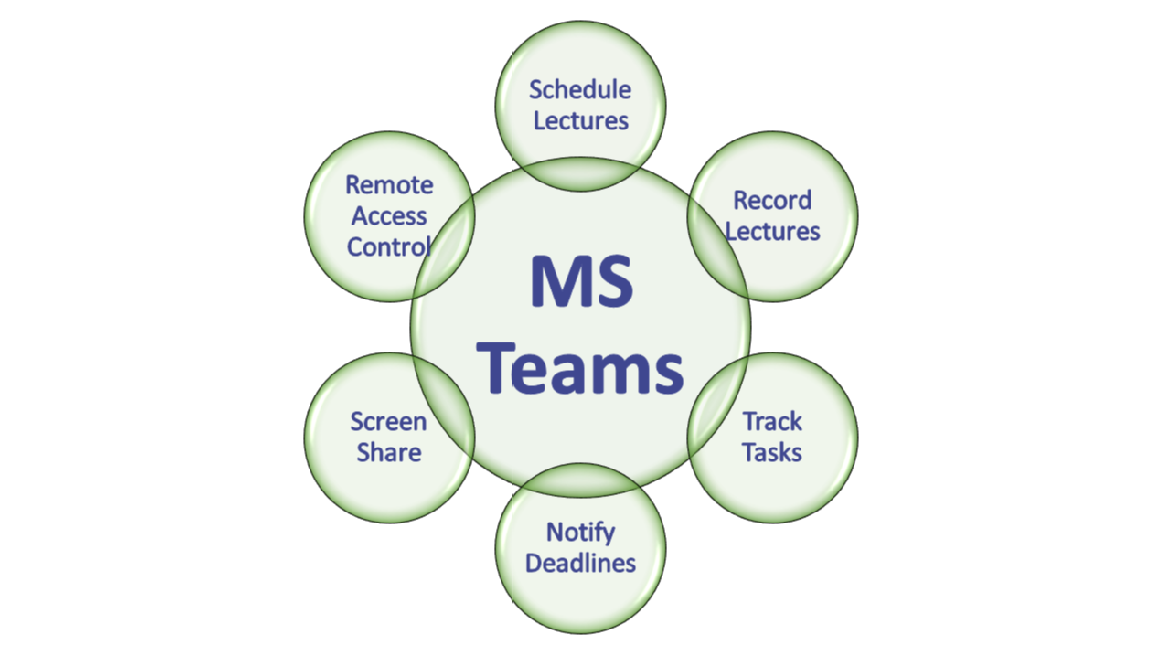
Dinesh, CSM
Back to the classroom
The past week was quite special. After several months of lockdown and many restrictions, I finally had the opportunity to attend face-to-face lectures. Although it was a blended approach with 2 days in person and the rest online, I felt really happy with the outcome of the module.
This time, I attended the Electrical Machine Design and Manufacturing module and finally met in person many of my course mates. With the only inconvenience of waking up earlier than usual, I took my bike, and I went to campus with a big smile and high expectations. The location of the module was the IMC building which I barely know from the induction week, it has a huge and amazing lab that can be observed through the hallway. Once I got to the classroom some people were already there catching up and without hesitating, I joined, respecting the 2m social distancing. These few minutes of chatting before the lecture were enough to break the ice and, in my opinion, were the key to having a nice session. Online learning indeed has its benefits, however, face-to-face lectures are more dynamic since I noticed people in the classroom felt more confident to ask questions and make comments.
The best part arrived when we started working in the hands-on session. Using a new software tool isn’t always easy and being able to have the professor right there to solve any issue immediately or make a suggestion when they see someone struggling with the simulations it’s a great advantage. Furthermore, we had the chance to see the parts of the motor in detail, figuring out in your mind how something is built or even watching images or videos is not the same as having it in your hands and manipulate them.
After all, I found this blended approach to be a win-win. Online theoretical lectures are really good, the chance of going back to the answers provided in the chat and having the recording to review any important bit of information is great. On the other hand, there is nothing like practical face-to-face sessions to make the most out of the activities.
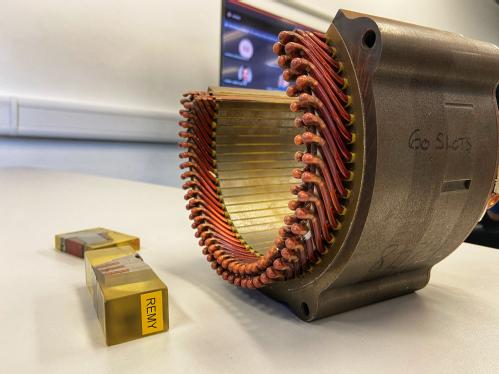
Luis, SAE
3 ways to protect my mental health during online learning
Hello everyone,
When I was in Indonesia, my tutor said that study postgraduate in the UK is very challenging because it is only one year. I have prepared myself with the tight schedule, but I did not know the modules will be online. I found that an online learning environment is more challenging than a face-to-face, but it did not as bad as other people say if you know the trick. One of the essential skills on study abroad is resilience; you need to grow your mindset by embracing the change in your environment. If you accept the change around you, you will not feel stress. It is the thing that I learned from the Management of Change modules. Anyway, I want to share three ways how I maintain my mental health.
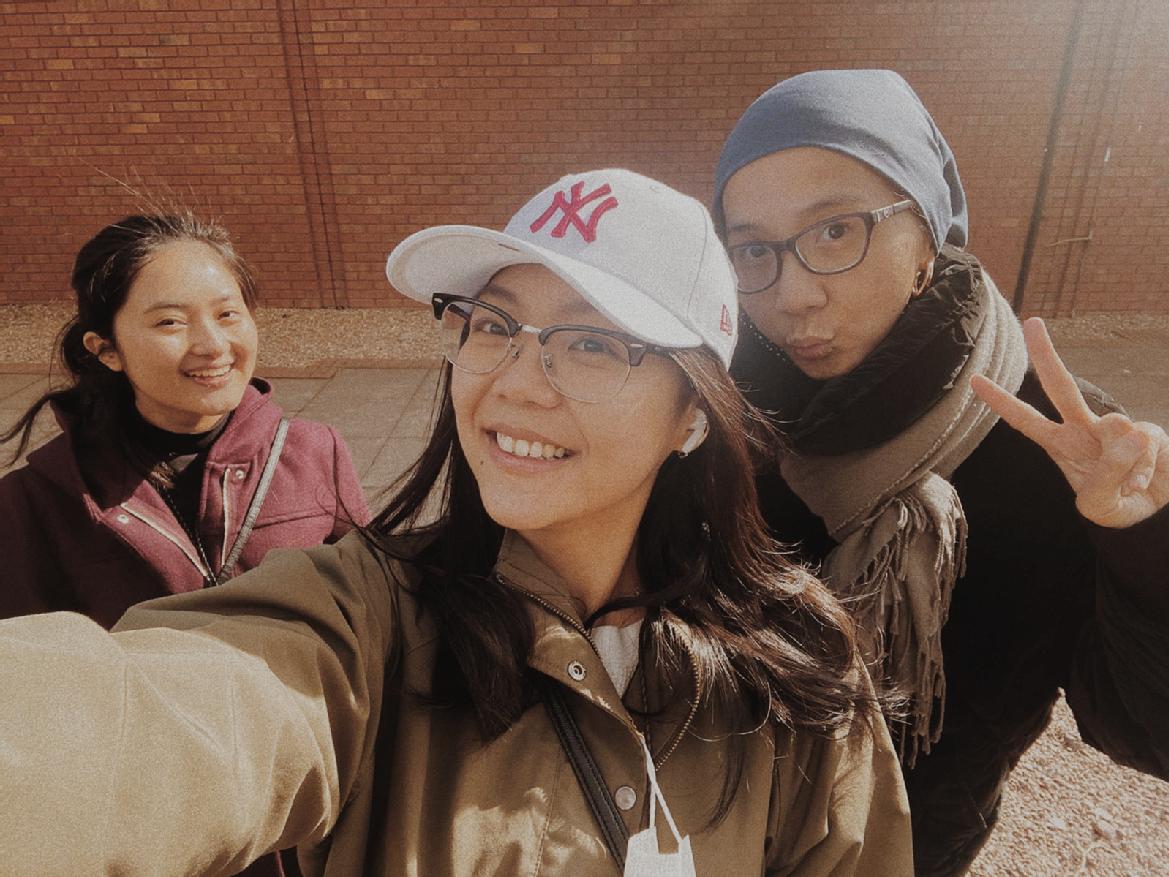
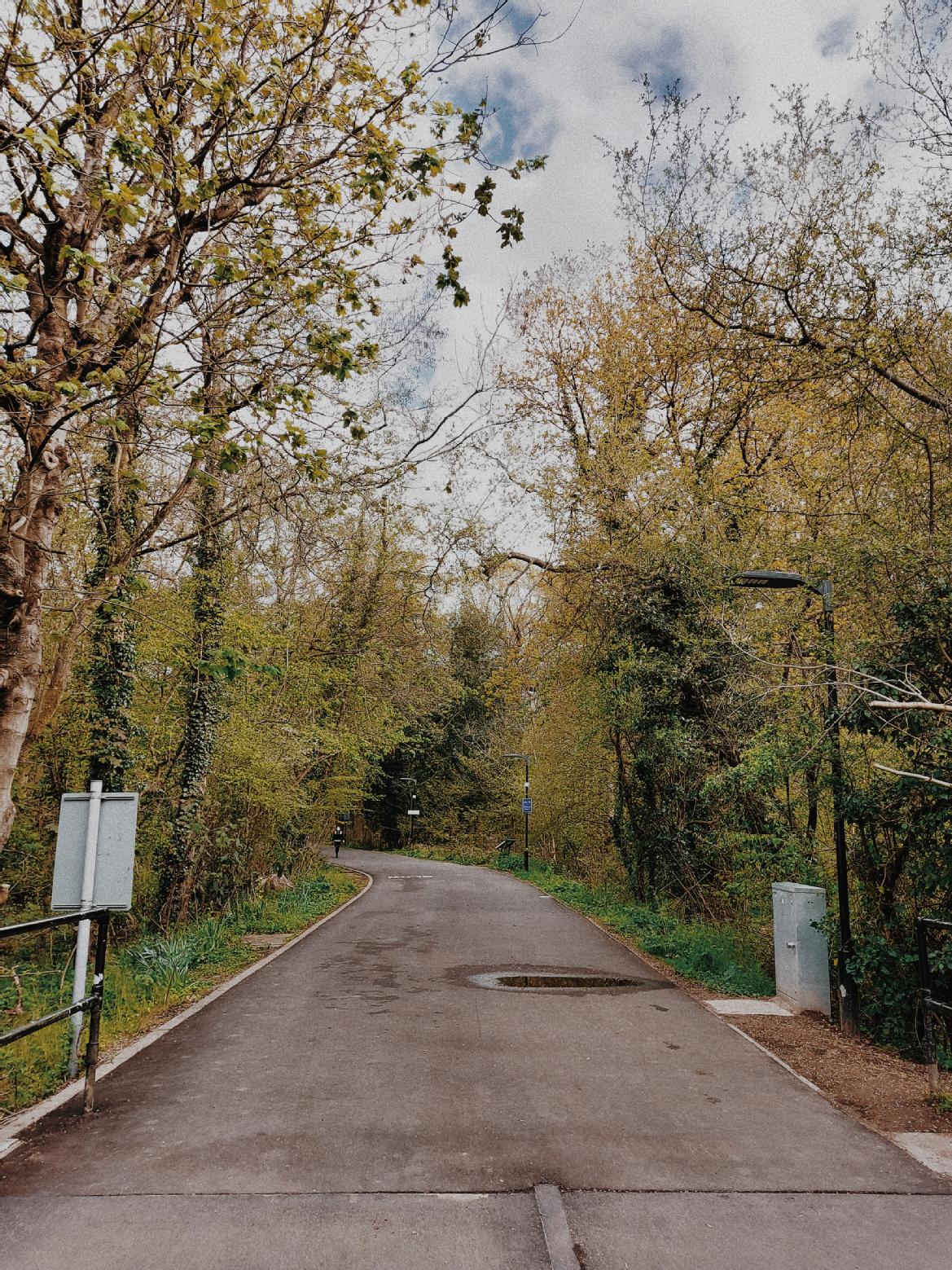
1. Set work-life balance by taking regular break such as 30 minutes of brisk walking every day to connect with nature and socialising with your roomies such as dinner and lunch together. It is crucial to schedule your time between work and real-life and then committing to this schedule.
2. Avoid comparison with your friends. I have learned that it provides me with no purpose to compare myself with my friends who have a higher score than me. Still, I can set my own goals to be a better version of myself and be proud of what I have accomplished. Be gentle to yourself is the key.
3. Take outdoor breaks. One of the reasons I chose to study in Warwick is that they have a secluded campus with amazing scenic views and fresh air beside their academic excellence. I believe in combating the endless loop of online modules on Microsoft Teams and looking at the screens for 8 hours non-stop. We need to get outside whatever it is a brisk walk in the park or pop into a coffee shop. A change in scenery can do wonder for our mental health.
I hope with these tips, you can improve and maintain your mental health during online learning. Let's finger crossed that this summer, we will experience face-to-face learning at campus.
Best wishes,
June, IAE
Cyber Security ? Or Management ? Why not Cyber Security and Management ???
Ron Weasley was able to re-enter the Chambers of Secrets only after learning parseltongue (language) from Harry Potter (Nerd Alert: Harry Potter Saga). Likewise, you and I need to speak management lingo with a flavour of cyber security to unlock our future secret doors. Now, ask me how is it possible? I would suggest getting you enrolled on the WMG Cyber Security and Management (CSM) post-graduate taught course.
The CSM course strikes the perfect balance between the two profiles, namely, cyber security and management!!!
What does cyber security mean?
Before joining this course, my definition was to safeguard the organisation systems connected with the internet. Because common sense says that we need to protect our computer from virus, and the virus enters our system from the internet. Boy, I was wrong!
We are responsible for defining the security boundaries and protocols of the entire organisation, for instance, physical security (CCTV, etc.). The security ranges from digital files to confidential documents printed such as contracts, design documents, and many more. We look after the three main pillars of an organisation CIA triad known as Confidentiality, Integrity, and Availability to ensure there is minimal or no disturbance to the operational business of a company.
How does management profile factor into?
Enough said about security definition and its roles and responsibilities. You must be pondering where does the management profile fit into these shenanigans of cyber security expertise. We would gain profound knowledge to identify the security gaps in an organisation and then recommend our subject matter expertise. The organisation modus operandi should not get impacted, and we could ensure by designing, developing, and delivering a defence-in-depth mechanism. The entire exercise from inception to delivery of security policies to the client needs an explanation to the C-level executives.
The focus is to translate the advantages of cyber security into monetary gains supported with other benefits to the organisation. In this course, we understand and learn the expectation of the senior management and what they expect in such business reports by identifying the process gap. What should be the unique selling point (USP) so that the client chooses you/your consultancy firm and disregard the other vendors in competition?
To highlight an important factor about the CSM course is that it is open for aspiring students from various other fields and not restricted to technical people from across the globe.
Follow my path, and you shall write your success story soon.
PS: I decided to join the WMG CSM master’s course after being interviewed by the course leader (Dr Harjinder Singh Lallie) as he answered all my questions and welcomed me to the WMG family with open arms.
Dinesh, CSM
Module Week: Microsoft Teams Edition
For this academic year (20/21), modules are taught in intensive 1-week periods, after which there is 4-6 weeks to complete a module-related assignment, also known as the Post Module Assignment (PMA). The teaching system at the WMG is completely different to my experience as an undergraduate Philosophy student at Warwick, where modules were spread out over 1 or 2 terms. However, a Module Week at the WMG is like…
1. Timetable
During Module Week the intense 9:00-18:30 timetable is full of various activities such as lectures, group work, syndicate sessions and more. Usually, the course is delivered in person, but due to the Covid-19 pandemic, all 9 taught modules are being delivered via Microsoft Teams. Learning online can be pose a number of challenges such as technical difficulties, screen fatigue, lack of engagement etc. On the other hand, as businesses become more digitalised and have been increasing remote/WFH and flexible working, learning and working in this way is good preparation for post-graduation.
2. Lectures
The daily schedule of each Module Week varies however for the first 3 days it is usually a combination of lectures, syndicate sessions and group work. The benefit of having lectures delivered on Microsoft Teams is that there is a chat function where you can directly ask questions to the lecturer, every lecture is recorded and stored, there are many interactive tools such as Miro or polls, and all in all I think this practical approach to learning really helps the understanding of the course material. I usually split my screen into two sections, where Microsoft Teams is on one side and OneNote is on the other, so I can type alongside the PowerPoint and I am able to screenshot any slides if needed.
3. Syndicate Sessions/Group Exercises
The syndicate sessions and group tasks are a series of case-study based exercises that are related to the module session you are in. These exercises are particularly effective as they simulate real world experiences within a certain role, working as a team to apply the knowledge taught in the module. Working in this way allows you to develop your team working skills, learning from others and leadership skills. Sometimes the group work might require extra time and hence meetings outside of the scheduled module hours is very much normal, especially if you are looking to get the top grades. In most modules, the final group presentation is worth a % (again, varies) of the final module mark and therefore everyone in the group must contribute in order to work efficiently, accurately and effectively, where it is especially helpful to identify each person’s strengths and split up the total tasks. Using Word and PowerPoint within Microsoft Teams allows collaborative working, where every person can work on the document in live time.
4. Presentations
Usually, the last day of Module Week is for the preparation and presentation of the final group project, as I mentioned earlier this often contributes towards your final module grade. The group presentation is also a task that replicates what will be required in the PMA, so it is really important that every member contributes towards the presentation. Practice! Practice! Practice! There is no harm meeting outside of the module hours to practice the flow of the presentation, it also allows you to prepare for any potential questions you might be asked by the lecturer, guests or other classmates.
5. PMA briefing
The final part, aka the most dreaded part, of Module Week is the PMA briefing! The PMA is usually between 3000-5000 words is an extension of the work you’ve done in the syndicate sessions and group exercises. During this session the lecturer will explain what is expected to get the top marks so make sure you are listening and asking questions to give yourself the best chance of achieving the grades you aspire!
Leah - Service Management & Design

Cycling around Campus
Hello Everyone,
This is my first blog post, and I am excited to share my experience with my learning journey at WMG. I am studying for a full-time master’s degree in Innovation and Entrepreneurship. I live off-campus with fellow Indonesian student, we rent a house on Earlsdon, and it is only 15 minutes by bus. The neighbourhood is charming, and it located strategically near the co-op local market, Sainsbury supermarket, cafés, and pubs. I think I will share about my accommodation in the next post.



Anyway, today I wanted to share my experience cycling around campus with my roomies. We needed a break from the PMA deadline. We have so many PMA that need to be done in term 2. If you still don't know, we can rent a bike provided by Next Bike at a campus, and if you are a new member, you will get free 30 minutes. It was a fantastic experience; it has been a long time I don't ride a bike for probably 20 years. I remember the last time I rode it when I was 12 years old. Surprisingly, my body still remembers how to ride the bike. We cycled around campus from Tesco to Warwick sports centre. I learned you need to wear an insulated jacket if you ride a bicycle in the UK because the wind is extreme and cold. So, what are you waiting for? Let's rent a bike and cycling around campus!
Best wishes,
June, IAE
It's About You
Name: Stella De
Course: MSc Innovation and Entrepreneurship
Nationality: German
Before I started my masters in Innovation & Entrepreneurship, I was unsure what to expect. I knew it would be a year filled with new experiences, people from around the world and a lot of studying. However, what I did not expect was a module entirely dedicated to personal growth and understanding of myself.
This was the basis of the Leadership module I attended in March. To keep the theory short, it’s about developing your own authentic style of leadership. But how do you do that? To develop your own style of leadership you first have to get to know yourself better. You need to become aware on what your decisions are based on, what your values are and why you react and think in certain ways.
But let me start from the beginning…
We were put into groups of 10 students for each tutor for lecturing sessions and were further divided into two groups of five students to do group work. This allowed for very intimate, safe and open discussions. Our module tutor Sue Chapman did various exercises with us aimed at getting to know ourselves and our teammates better. During the five module days we had to write a reflective journal including 300 words each day. This enabled us to process the learnings of the day and to get behind what we are thinking and feeling. To rigidify the habit of reflective journaling we were instructed to continue writing a reflective journal entry every other day for the four weeks till the PMA submission. The structure of the reflective journal, during and after the module, was along the Gibbs cycle. In short, it’s about ‘Head, heart, feat’ (quote, Sue Chapman). This means write down what happened, then how this made you feel and at the end what your action plan going forward will be.
I have to admit, at first it was hard to write a journal entry every other day, as I am not used to journaling. However, during the four weeks I learned to appreciate this habit as it helped me understand myself much better. I think reflective journaling can be helpful in almost every situation, however especially during quarantine, lockdown and covid-restrictions in general it was a good habit to practise. I feel that a lot of students, including me, found it hard to find a study-life balance and thus, I not only think this module is extremely valuable in normal times but even more this year. My experience showed me that reflective journaling can help to understand myself better, grow personally and solve issues.
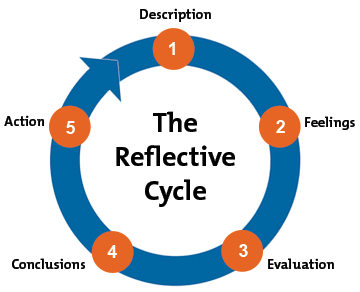
My role in the WMG Society
Name: Sioned Murphy
Course: MSc Supply Chain and Logistics Management
Nationality: Welsh
WMG Society Role: Welfare Representative
The beginning of the academic year was daunting for a lot of students joining WMG. We often consider social life an integral part of our university experience. Yet with social distancing, online learning, and lockdown measures, it felt as though meeting new people was going to be impossible.
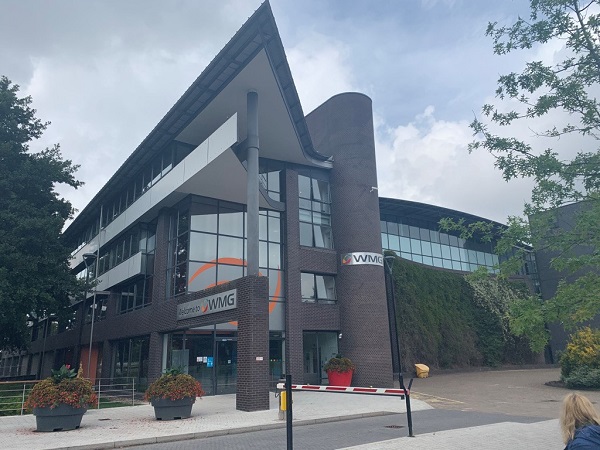
When I saw the role of Welfare Rep at WMG Society, I jumped at the opportunity to work alongside like-minded students with an interest in bringing people together. It was even better to discover the 10 elected reps came from over 7 nationalities including Polish, Chinese, Welsh, Taiwanese, Indian, Nigerian and English. There remained uncertainty among all students as they embarked on their move to Warwick from different points of the globe. It provided an opportunity for the society to make a difference to their happiness and wellbeing in 2020/21, and importantly show off WMG community’s talent, diversity and tenacity!
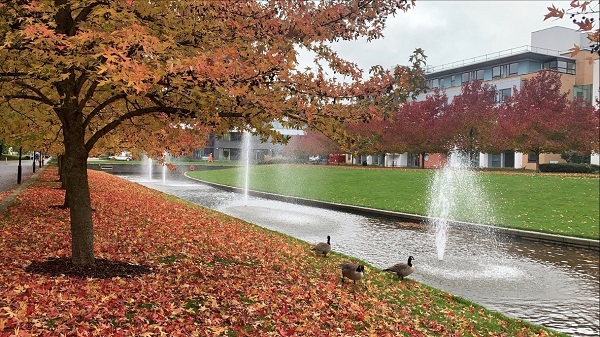
Many students didn’t really know the purpose of the society – some even feared it was additional lectures! With the added challenge of a pandemic, we had to think creatively! How were we going to unite undergraduates, apprentices and postgraduates of WMG virtually?
We set up new Facebook and Instagram pages, building a collective following of over 900 students. What did this really mean though aside from a vanity metric? It meant an opportunity for students to connect with others from a range of courses. From here, our Teams page became an informal space to deliver light-hearted and fun activities.
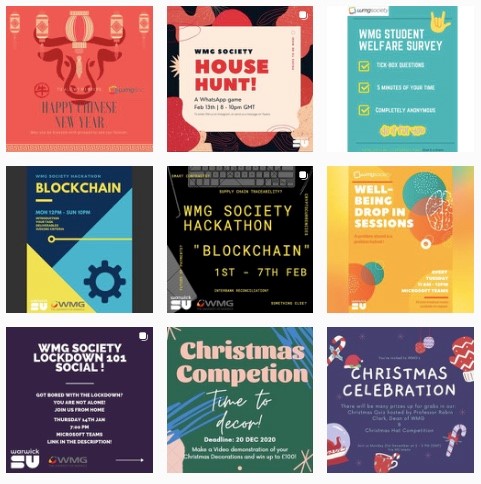
Over the course of the last few months, the execs and I have been delighted to host over 10 events with giveaways including Amazon vouchers and hoodies which one of our presidents Leo reported in a presentation to the SSLC committee. These included:
- Wine and Cheese Night
- Virtual WMG-themed Snakes and Ladders
- A Blockchain Hackathon
- A Lockdown House Hunt
- Centurion (for those who enjoy a beer)
- British Pub Quiz
We recognised we could carve out a further purpose to also support students through these challenging times. Lauren and I developed weekly drop-in wellbeing sessions allowing students to pop by for a ‘cuppa’ and a chat because as British nationals know, the first thing to do when the going gets tough is to sit down, breathe and have a cuppa!
Lauren, as our only undergraduate exec, has worked tirelessly to spread the word of the society, also proving to be an excellent event host bringing her bright and bubbly personality to the role every time. Muskan put her creative event planning skills to the test with our most successful and memorable event, the lockdown House hunt competition. PS and Shashhankh were critical to promoting our events and it must be noted, PS always reminded the team of our catch-ups!
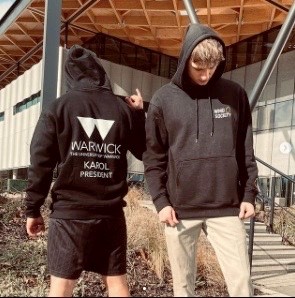
Our other president, Karol, put on the first Hackathon social of its kind at WMG, which was a brilliant success with one of our members proudly taking away a certificate…who doesn’t love a good certificate! However, at WMG Society, we are very much about getting our members involved. It was awesome that member Alex got onboard, helping us to design and source WMG Society merchandise to mark our stamp on campus. It has to be said, the hoodies made for a comfy addition to lockdown loungewear!
It has been a busy year for the society. While we throw ourselves into our Term 3 studies, we have high hopes for the future of the society. We know Lauren will carry the society forward and continue growing our community, with face-to-face events promised to be bigger in the future.
A personal takeaway has been forming unforgettable friendships, the art of mastering a Teams meeting across different time zones, and not forgetting, one thing we can all say we’ve learnt; remember to unmute your mic!
How diverse is my study experience from 0 to 10? well, it's 11! Here is why
As an international student, I often get asked if I am settling properly in the place, getting to know the local culture and customs. Even though I am, I must say that far from just doing so with the British culture, I am actually learning from all over the world.
Diversity is present in all aspects of the university experience at Warwick University, and I could not be more proud of that. So , let’s dig into each of the places in which you can get this diversity, as well as the enormous benefits of it:
On-Class Diversity:
- When it comes to my course, almost 90% or more are international students, and each from a very different place. This leads to a major exposure to ideas and contributions that would seldom take place in a uni-cultural class. As for my topic of expertise in particular, which is entrepreneurship, it allows me to see the differences and similarities of the distinct international markets, being able to get to know the needs and resources of them in the various world regions. Besides, professionally-wise speaking, regardless of your subject of study, having an international class will allow you to get interesting contacts from your sector worldwide, widening your working opportunities in the future.
- However, when I talk about diversity on-class I do not only refer to multi-cultural diversity. Many masters modules are taught at more than one course, meaning that you get to share some of them with students from different courses. This makes you see the contrast between approaches, and highly enriches the content of the conversations and discussions.
Off-Class Diversity:
- A part from elevating the quality of your academic experience, diversity can also contribute to making the most of your off-class and social experience, starting from your accommodation.
- Warwick University strives to enhance diversity in many various ways, and accommodation could not be excluded. On the campus’ student accommodation, the students are intentionally placed with fellow flatmates who come from a different part of the world. This way, you will really get to make friends who you will later visit all over the globe; exchange ideas, food advice and cultural activities with your new mates; and much more.
- Last but not least, diversity will also be present in all leisure activities in university. If you are new to the city, as most of us usually are, you will not have to be afraid of not finding your place. We have several things to do in order not to feel alone, and there you will also benefit from all the amazing pros our international campus has, and which I have already mentioned.
Are you ready to discover new places while not moving from Warwick? This is your university.
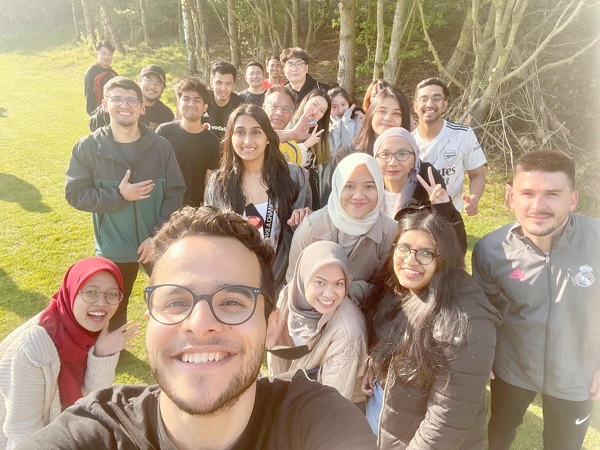
Ahmed, IAE
WMG MSc Innovation and Entrepreneurship ranked first in the UK
Eduniversal ranking for best Entrepreneurship Masters
Quality is key when it comes to education; and WMG is all about that. Looking back at when I was applying to my Masters Degree, some months ago now, quality was the thing that I was seeking the most from my future university. Being able to learn as much as I could from committed professors, and obviously, being genuinely valued for it afterwards.
Only 3 weeks ago I was told that my course, MSc Innovation and Entrepreneurship, had accomplished the first place in the best masters ranking in the field of entrepreneurship in the United Kingdom, and the twenty-fifth in the entire world -officially surpassing Cambridge Business School. But, to be honest, that did not surprise me that much at the time, it only confirmed what I had been thinking about since I started this journey, which is that WMG is the best place to study what I am passionate about.
However, what makes MSc Innovation and Entrepreneurship so special at WMG? And why is it different from many others tackling the same topic? Put it simply, the answer is in its unique way of teaching and evaluation.
Unlike the overriding majority of masters, the modules offered at MSc Innovation and Entrepreneurship are taught one at a time in one or two full weeks, in which students have the chance of getting immersed only in that topic.
During this time, experienced professors give their lectures, from which students acquire the theoretical foundation of their education. Nonetheless, the practical side of the learning is almost as important. Activities such as simulations or teamwork dynamics are a big part of our modules, and help us to put into real practise everything that is learned. Few people can say the same about their courses.
Although these activities are tremendously important for the consolidation of our knowledge and expertise, what gets the major part of our continual assessment are post-module assignments, usually taking the shape of short research papers. After each of the 9 modules, students are given four weeks to work on these assignments with the tools learned through the lectures. In spite of being brief, these papers are always done according to the general professional research patterns, which makes us gain proficiency and, eventually, write our final dissertation with much more ease.
It is true that this is not the conventional way of studying a masters degree, and that adaptation can take some time. But trust me, the benefits are overwhelming. From being able to handle the workload at your own studying rhythm to mastering research writing, practical analysis and critical thinking.
Yes. Rankings do not always portray reality accurately, but I can tell you this one is not mistaken at all.
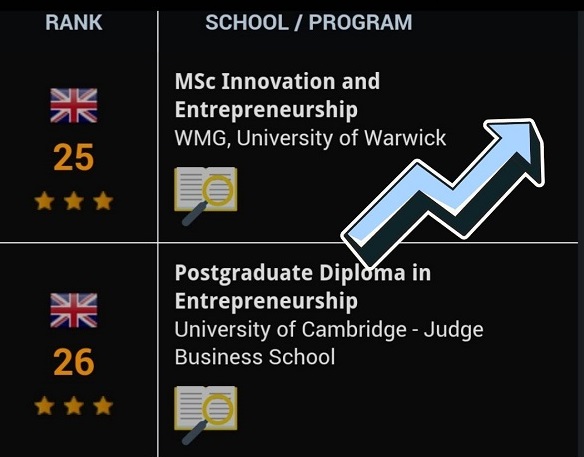

Ahmed, IAE
Commuting from Coventry to Campus
In my previous post, I talked about what can living off-campus be like. One of my favourite things about Living off-campus is commuting to Warwick. Although it can be exhausting some days, commuting has been that part of the day that I use to reflect on a bunch of things.
I live a few steps from the pool Meadow Bus station and for the first two terms, I picked the 12X bus from National Express every day (Except during lockdown). It takes around 20-25 minutes to get to the bus interchange, which is next to the Piazza. The bus is really comfortable, it has WIFI and charging ports, all this for what I consider a very reasonable price. The best part is that with the 4-week student ticket (£33.40) I can take any bus in the Coventry area, I’ve used it to visit Leamington (route 11), go to the supermarket, and basically every time I feel lazy to walk anywhere (Even form Piazza to Tesco). I really enjoy putting on my earphones and listen to music while I gaze at the horizon on Kenilworth road. Believe it or not, I’ve come across great Ideas for my PMAs and my dissertation while being on the bus.
The bus is great, but now that the weather is getting better, I decided to try cycling to Campus. I was lucky a friend of mine sold me her bike for just £40 so now I will be saving some money too. This was my first week getting used to the bike and these are my thoughts. I have to say I really struggled the first couple of days since I’ve never used a bike before for this purpose, just for fun. The road to Campus has some hills and, for a novice like me, they can be a leg burner. However, after a couple of YouTube tutorials and some guidance from friends, I managed to learn when and how to switch gears appropriately. This was the key, now it takes me around 25-30 minutes to get to Campus and I arrive perfectly warm to my gym session. My favourite part, and what I enjoy the most, is the route. I travel across some beautiful parks and nice neighbourhoods that look lovely these sunny spring days.
Here are a couple of pictures of my commuting routes.

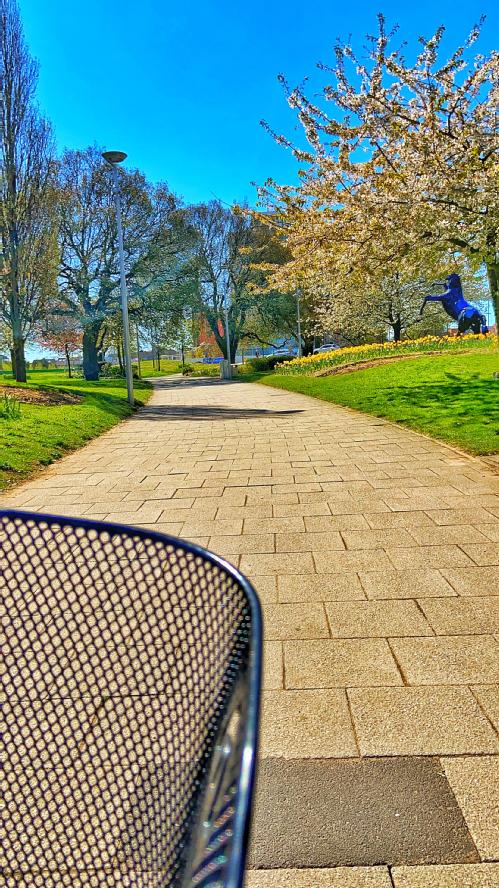
Luis, SAE
On-campus or off-campus accommodation
The other day I was having a coffee with my friends and we were talking about how everything has gone so far in our flats. We concluded that deciding where to live is quite important, but in the end, you’ll find that there are a bunch of pros and cons of choosing between living on and off-campus. Of my group of friends here at Warwick, half live on-campus and the other half we live off-campus, and here are a couple of pros and cons we identified.
On-campus
We all agreed that on-campus accommodation is the easiest way to secure a place to live, especially when you’re and international student since it can be difficult to search for other options when you are thousands of miles away.
Pros
- You are close to almost everything. A huge Tesco supermarket, the Sports and Wellness Hub, pubs, caffes, restaurants and, of course, studying spaces and classrooms.
- It might be easier to socialise since many of your course mates may live on campus as well or perhaps, you’re lucky and you find yourself with a great group of flatmates.
- You don’t have to worry about bills, council tax or anything related to extra living expenses
Cons
- I might be a bit more expensive. As everything in life, the more convenient something is, the more expensive it might be.
- You don’t have much power to decide where to be allocated. You apply for several accommodation preferences but there are no guarantees.
Off-campus
Again, off-campus accommodation run by the Uni is a great option. However, I will talk about my experience living in a student accommodation not run by Warwick. As I mentioned, it can be a bit tricky to find off-campus accommodation, but there are a bunch of options and platforms to do it, you just have to make sure the place you are booking is legit (nothing to really worry about but we all know the risks of the internet).
Pros
- It is cheaper and you might have a larger space and your won bathroom for similar a similar price. The options countless, from a complete flat, a large ensuite or a shared flat with few people.
- You get to know the City. Whether is it in Coventry, Kenilworth or Leamington Spa, it is nice to walk around and explore local places of interests.
Cons
- Socialising might not be as easy as a “meet you in 5 at the Piazza” text.
- Commuting can be exhausting when you’ve had a busy day and the only thing you want is to walk five minutes and dive in into your bed.
Personally, I’m really enjoying living in Coventry. The picture you see in this post is the Coventry Cathedral, which is just a five-minute walk from my flat. Nevertheless, there are some days in which I rather be closer to my friends and the PG hub. In the end, everything is going to depend on what each student wants, the way you want to manage your finances and the experience you prefer.
Luis G. Martinez
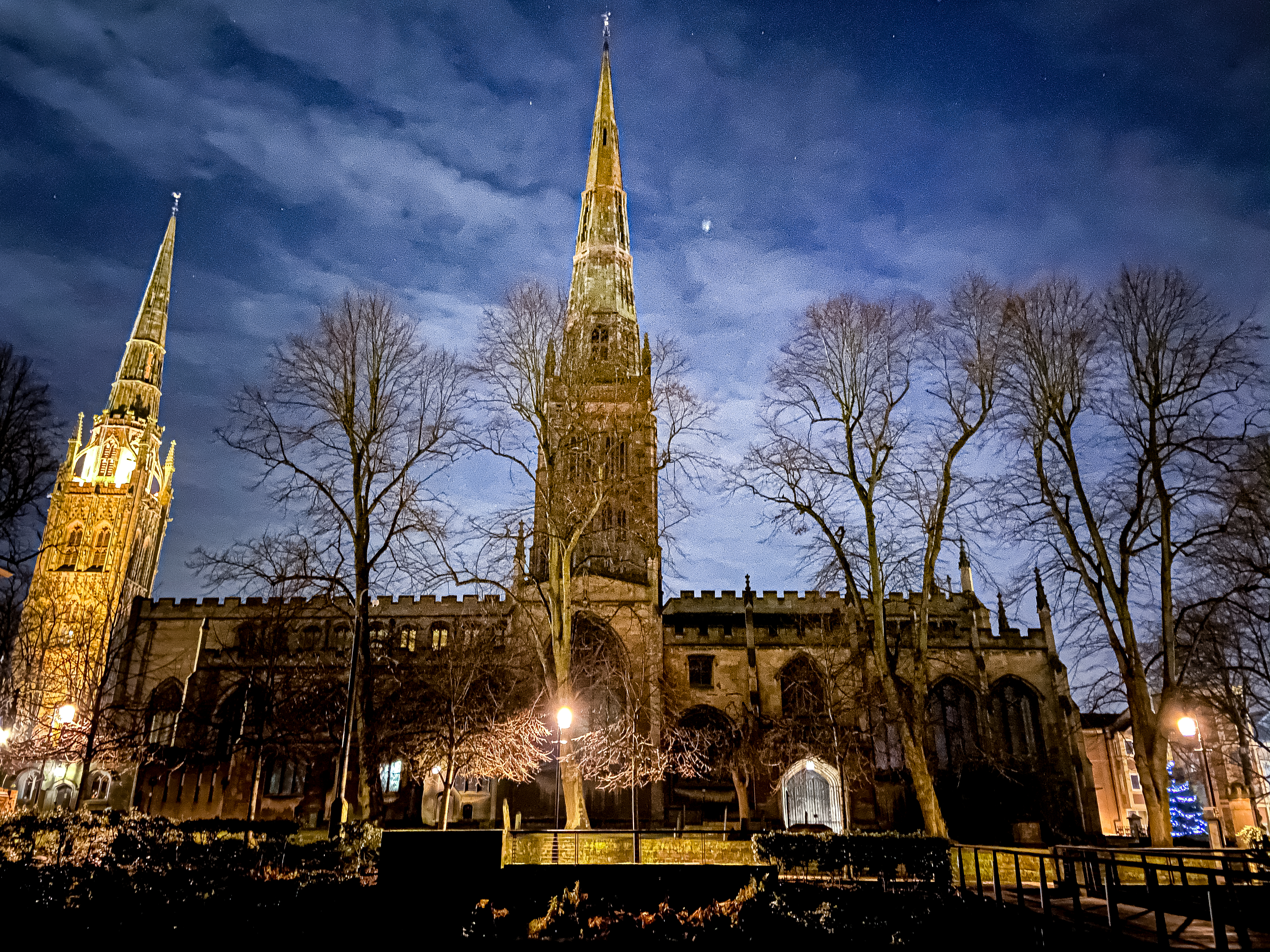
Luis, SAE
Modules and Modules and Much More!
It's true that studying at WMG is not an easy task and you’ll need to invest several hours (8h at least) a day to achieve those great results we are all looking for. However, not everything at Warwick and WMG is about traditional learning, reading tons of papers and writing down assignments. I want to tell you about my experience outside the academic stuff.
WMG offers extensive support related to careers and employability. One-to-One career guidance, Careers & Skills workshops & Events, the Virtual Careers programme and a bunch of other resources that you can find here. In my case, I opted to complete the WMG Skills + certification that endorses 6 transferable skills out of 12 you can choose from. Personally, I selected problem-solving, communication, intercultural awareness, sustainability organisational awareness and professionalism. The main purpose of this programme is to reflect on those softs skills you’ve picked to effectively identify your strengths and weaknesses in those specific areas. Being able to reflect on your person and the areas of opportunity that you can develop, is quite a powerful tool to effectively communicate and demonstrate useful transferable skills that are valuable not only for employers but also for personal development.
Another thing I strongly recommend is to join the SSLC committee. Being a course rep in the SSLC allows me to be close to what is happening at the university, especially in these hard times. Whether to keep my course mates updated or to raise any concern they have, being part of the SSLC has thought me the importance of lobbying and having active participation in our community, always in an ambient of respect and cordiality. A lot of positive outcomes during the pandemic have risen from these committees and the amazing job of the SU.
Finally, I want to talk about extracurricular activities. At the university, there are more than 250 societies and dozens of sports clubs you can join. The offer is practically limitless, and in case you don’t find something that suits you, you can start your own society/club! I’m sure you can find something that excites you here. I opted to join the WMG and the engineering society, they run a lot of interesting and fun events that help you socialise, also you can get in touch with the industry through all the different kind of events they are always running.
Studying at WMG is a complete experience, even in a pandemic. Time is never enough when you’re making it worth and mine at WMG, so far, is gold!
Luis G. Martinez, SAE
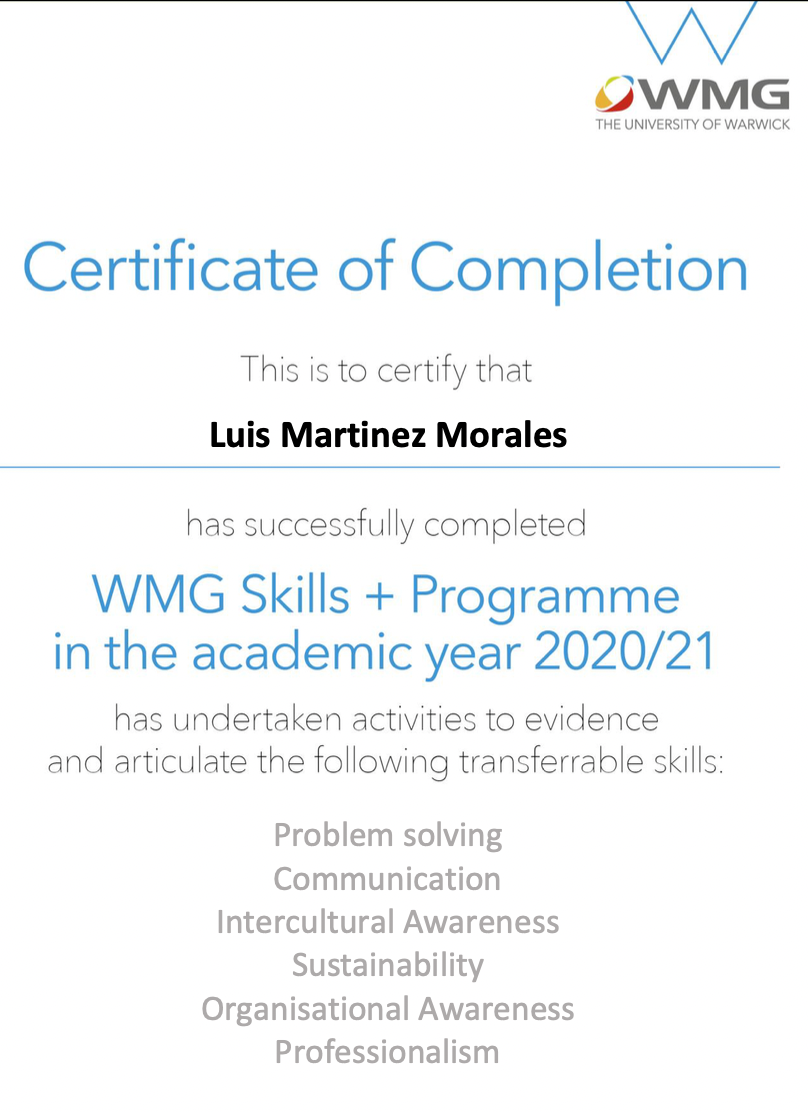
How to know which project is right for me?
When the project selection system opened, I felt overwhelmed since there were dozens of topics to choose from. Since the selection system opened just a few weeks after the course started, I was not familiarised with most of the project topics and, to be honest, I was a little bit scared when I read things like "Modelling the harmonic contents in the phase current using Fourier-based machine model". When I was talking with my course mates about what project they were interested in, we realised that we were in the same position. We were struggling to understand the brief explanations of the projects that were available in the system and we were really confused, thinking maybe we should choose something not too complex.
Though I have a mechanical engineering background, I’ve always been interested in materials science so when I came across whit a project related to recycled carbon fibre, I immediately became interested in it. However, I was worried about choosing this topic for two reasons. First, my chemistry and materials science knowledge was limited so I felt it would be quite challenging. Second, I thought the topic was not directly related to the core modules I’m taking in the SAE course so I was afraid I wouldn’t be able to relate the reading I’ve been doing for my modules with my dissertation. Nevertheless, here is the best advice I received from one of my course leaders: Don’t choose something easy, pick something challenging and that you’re passionate about. You’re going to work more than 6 months on it, so, why not choosing something you find interesting and that will leave a ton of new knowledge? That encouraged me to pick the topic, get the interview with the project supervisor, and eventually start working on it.
So far, I can say that I’m extremely happy with my decision. Even when I had to read a lot just to understand basic concepts in the articles I’m reviewing, what appeared as a challenge before now has become one of the strengths of my dissertation. I’ve found some nice ways to link the knowledge from the modules with my topic. Imagine my reaction when I noticed that aerospace waste can be related to the energy consumption of an electric vehicle!
What I want to say with all of this is that, even if it looks really challenging, don’t hesitate when selecting your project. Go for that project that captivates you, project supervisors at WMG are amazing experts and I believe that no matter which project you choose they’ll support you so you can get the most out of your dissertation.
The Image you see in this post is from the first text I read when I started my dissertation journey. It is not an extremely complex technical paper, but I still find it really interesting.
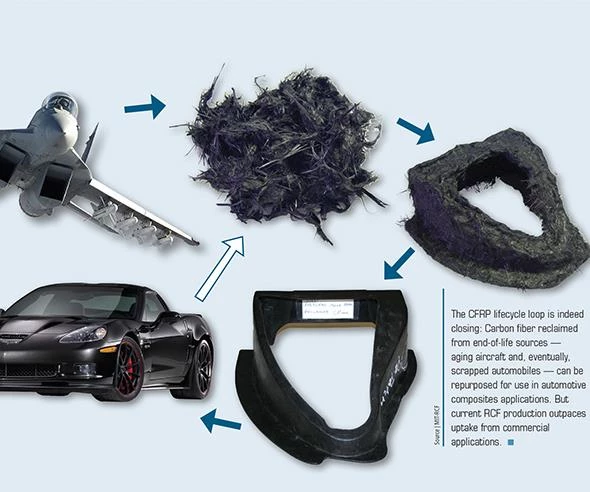
Luis G. Martinez, SAE
Project Selection System & Supervisors!
At the WMG, an individual project accounts for 50% (for most courses) of the total marks for each MSc programme. It is advised that a total of 900 hours, which is equivalent to approximately 6 months of full-time study, is devoted to each project. As each project must be approved on the Project Selection System, it is first necessary to find a supervisor during the first term of university, to avoid any disappointments. Using either the Project Selection System or the WMG Staff List, you can easily find and contact different supervisors. Before I started contacting supervisors, I made a personal checklist.
My personal checklist included:
1.Decide on a topic
2.Note any keywords
3.Search for and contact relevant supervisors
4.Request an interview with at least 3 supervisors
5.Discuss project idea and potential research areas
6.Decide which supervisor is right for you
7.Select supervisor on project selection system
8.Schedule next meeting and devise a plan
In my personal experience, I’d say the process was very quick, as I started sending emails and requesting interviews before the Project Selection System was open. I found this tactic to be extremely beneficial as I was able to discuss my ideas with 3 different supervisors, allowing me to assess which one was the right fit for me very early on. It is also important to discuss your working style and your communication preferences with your potential supervisor, as this can help ensure that you will receive the best guidance possible, through the constant support and encouragement needed to achieve the grade that you desire.
After you have mutually agreed with your chosen supervisor on your project topic, you must apply on the Project Selection System and wait for the acceptance of supervision. In the meantime, it is useful to read and understand the project requirements for your course (as they are course specific): https://warwick.ac.uk/fac/sci/wmg/ftmsc/project/requirement/. It is also important to start conducting some general background reading around your chosen topic, making note of any relevant references you may need later on. There are various sources to find relevant literature, these include:
- University of Warwick Library (Main Campus)
- University of Warwick Library (e-resources) https://warwick.ac.uk/services/library/ https://warwick.ac.uk/services/library/find-resources/e-access
- Google Scholar
Overall, with a good plan and time management, finding the right supervisor for your project will be a piece of cake! Best of luck,
Leah Samuel – Service Management & Design
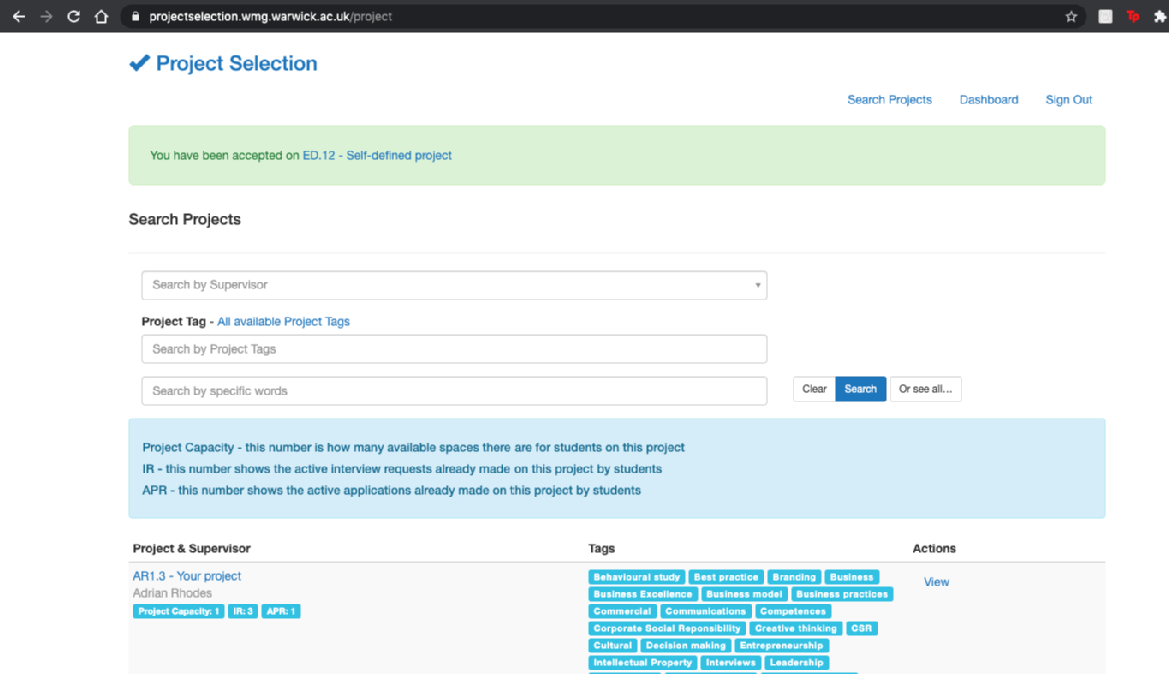
My first term and my first pandemic, what a combo!
2020 was definitely an unusual year for everyone. A few months before the start of my course, everything seemed really far away, and I was even considering delaying the start of my studies. However, I decided to take the risk and come all the way from Mexico to the UK. Something I don’t regret, not even a little. Self-isolation was tough, boring and exhausting, no matter how crazy that may sound.
As soon as I walked into campus and made my way down to WMG, my mind started creating scenarios of me being in every single building. The introduction week was a lifesaver for me; During that mayfly week I met the people that have accompanied me through this term and… Even Christmas! As the sporadic online sessions to catch up and get to know my course leaders and course mates passed, I started to feel a little worried about how the modules were going to be delivered since to be honest, as an engineer, an online teaching method appeared something inefficient. Surprisingly, I was completely wrong! I still have tons of ideas bouncing in my head about those first modules. Even though I consider myself as a person who gets distracted with ease, lectures caught my attention from the first second till the end of the day, I barely noticed that I was spending 8 hours having lectures behind my computer’s screen. The module leaders and lecturers really know how to transmit the knowledge and moreover, that critical thinking I’ve countlessly read about in the SPA modules subtly emerges without even noticing it, creating a really enriching ambient when the lectures are being held. The SAE course is a small one and that really helps to quickly build confidence up. I’ve had really great conversations with most of my course mates and having the opportunity to share a piece of my culture while learning about others turns the whole experience of studying at Warwick into something beautiful.
2020 was completely different to what I’ve planned. However, the new friends I’ve met and the fact that I’m busy learning most of the time, has allowed me to make the most of these first months. There is nothing left than to embrace uncertainty and be greater than the adverse circumstances because the best is yet to come.
Luis Martinez- Sustainable Automotive Electrification
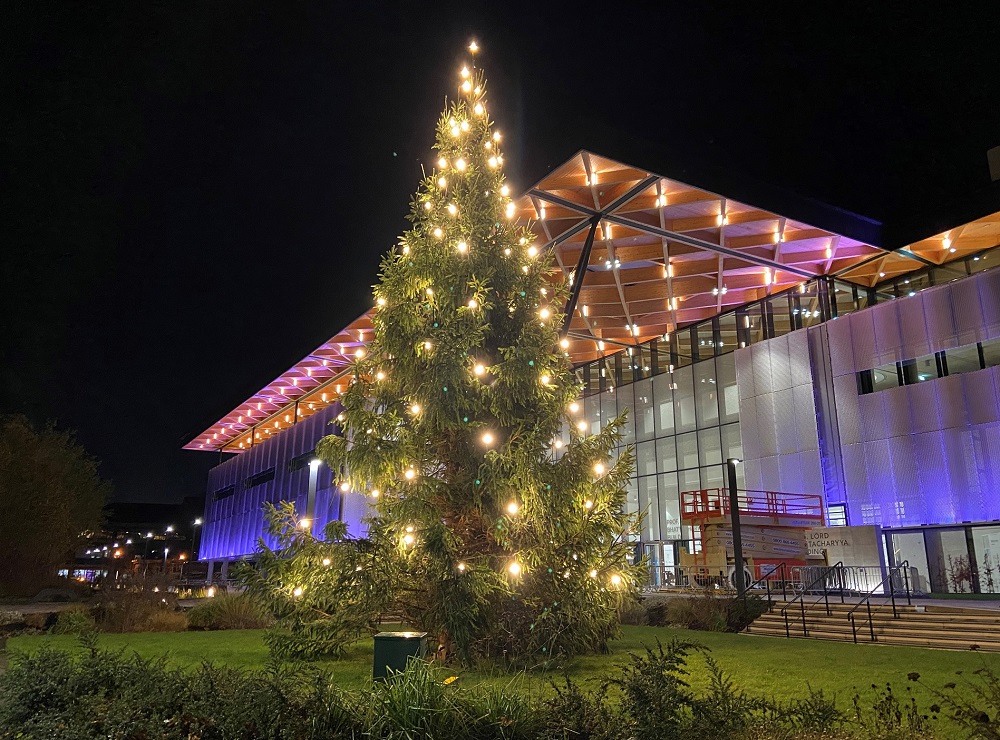
Where to live?
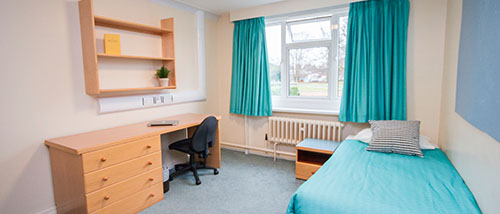
One of the most important aspects of your university experience is where you live. Luckily, Warwick provides both on-campus and off-campus accommodation to ensure all students have somewhere to live! To avoid any disappointment, I would advise applying as early as possible, using the links provided as a start. Since your choice of accommodation will impact your daily routine and university life as a whole, it is paramount to consider questions such as:
Do you want to live on campus?
Do you mind paying for travel costs?
Do you want to be close to a gym?
Do you want to have a variety of shops nearby?
During my four years at Warwick, I have lived in different types of accommodation in various areas of Coventry. I will briefly discuss my experiences with each of them below:
On-Campus Accommodation - Jack Martin
Price: £157 per week
Property type: Student halls, En-suite
Location: University of Warwick, Central Campus
My Rating: ****
Links: https://warwick.ac.uk/services/accommodation/studentaccommodation/postgraduate/pgresidences , https://simplygym.co.uk/gyms/coventry-cannon-park/ , https://warwick.ac.uk/services/sport/gym/
During my first year at Warwick, I lived in Jack Martin (JM), which is located on central campus, and close to almost everything. Living on campus is beneficial for those who are looking to have everything in one place. There are two main options for groceries, Rootes grocery store, which is located on central campus, and Tesco (Cannon Park), which is located nearer to the Westwood campus. For the gym lovers, there is a choice of Simply gym (Cannon Park) or the university’s Sports & Wellness Hub (Cryfield Village). JM is not offered to postgraduate students, but there are other accommodation options on central campus, which offer the same benefits.
Off-Campus Accommodation
Price: £125 per week
Property type: Student House
Location: Tile Hill
My Rating: **
Links: https://warwick.ac.uk/services/accommodation/studentaccommodation/waoffcampus/ , https://simplygym.co.uk/gyms/coventry-earl-place/ , https://www.puregym.com/gyms/coventry-skydome/
Tile Hill is relatively close to the campus. There are two main bus routes available: The 6/6A is a 20-minute journey into Coventry City Centre, and the 11/11A is a 20-minute journey to central campus. The nearest grocery stores are Co-op and Sainsburys. There are two options for gym lovers: Simply Gym (Earl Place) or PureGym in the City Centre.
Off-Campus AXO Paradise Student Village
Price: £125 per week
Property type: Student Halls, En-suite
Location: Coventry City Centre
My Rating: ***
Links: https://axostudent.co.uk/properties/paradise-student-village/ , https://www.puregym.com/gyms/coventry-skydome/ , https://www.puregym.com/gyms/coventry-bishop-street/
AXO student accommodation is a 10-minute walk away from Coventry City Centre, where there is a plethora of shops, restaurants, and entertainment facilities, such as the cinema and ice-skating. The nearest grocery stores include Tesco, M&S and Sainsburys. There are various gym options in City Centre, including PureGym (x2) and JD gym, as well as the AXO free on-site gym for all residents. The 12X bus journey from AXO to campus is approximately 20 minutes.
Off-Campus Accommodation
Price: £110 per week
Property type: Student House
Location, Canley
My Rating: ****
Links: https://warwick.ac.uk/services/accommodation/studentaccommodation/waoffcampus/ , https://simplygym.co.uk/gyms/coventry-cannon-park/,https://simplygym.co.uk/gyms/coventry-earl-place/, https://warwick.ac.uk/services/sport/gym/
For my postgraduate year, I felt like it was imperative for me to save on travel costs and hence live within walking distance of campus. My house this year is a 15-minute walk away from campus and there is a 10-minute 11/11A bus route on the way. The nearest grocery stores are Tesco (Cannon Park) and Sainsburys. I also benefit from living 5 minutes away from Costco Wholesale, where I am able to shop less as I can buy in bulk. Simply gym (x2) and the Sports & Wellness Hub can be easily accessible from Canley.
It is vital that you make the right choice when deciding where to live and I wish you the best of luck with your search!
Leah - Service Management & Design
PMAs + Lockdown = Great Recipe.
Playing football, short trips to Leamington and meeting a couple of friends to have a coffee was everything I needed to stay motivated. Suddenly, in a couple of weeks, everything started to change, and, in a blink of an eye, a new lockdown was in front of the door. I’m not going to lie, it was though, it hit hard, and I lost my motivation the first days. I live in Coventry, far from my friends from university, my flatmates were all at their homes with their families, so I was alone in my flat. That’s where PMAs + lockdown turned out to be a great recipe.
The Automotive Hybridisation and Energy Storage Systems modules I took during lockdown were great. I can say that working on those PMAs and in my dissertation kept me sane. Having plenty of time to work on them allowed me to work at pace where I could read every paper calmly, learning so much and enjoying at the same time, even if I struggled to understand something. Every time I wrote down an argument that a really liked, I asked myself if that is what artists feel when they paint something beautiful. Here are some things that worked really well for me to make lockdown play on my side and get a distinction mark in one of my PMAs.
- Start as soon as the module ends: The ideas (Or should I say doubts) are fresh.
- Be productive: Defining how many hours I will work on the assignment each day of the week helped me to set targets of the amount of content or words I have to complete each day.
- Enjoy the little thigs: Yes, I’m talking about food. Without much to do and nowhere to go out, every meal was like a catharsis during lockdown. Cooking something nice, ordering some tasty food or even enjoying a chocolate during a break was that little spark I needed to start up my engine again every time I was bummed out.
- Trust yourself: Have confidence in what you’re writing, embrace the topic, forget a minute about the marks and focus on learning, there’s no way that won’t lead you to a great piece of work.

Besides working on my assignments, I had plenty of time for exercise, going out for a walk to see the snow, take photos, play videogames, videocall with family and friends, watching Netflix and reflect on everything that makes me happy. I find myself during lockdown, who would have thought that.
Luis Martinez- Sustainable Automotive Electrification
What is it Like to study innovation?!
Before starting my degree in Innovation and Entrepreneurship, I was wondering how is it like to study innovation? Will it be some tools about how to apply creative thinking? Will it be some success stories of edgy startups? Or it will be about breakthrough inventions and patents? But actually, the biggest question was “is innovation something that can be taught?
It didn’t take me much time to find the answer to these questions as the Innovation module was my second module for the first term of my studies. The module lasted for a whole week which I consider one of the most exciting weeks in my experience in WMG. Let me give you a glimpse of how it was like.
Few weeks before the module start date, we received the pre-module work which warmed up our minds and put us into the module mode. It had two main parts; first, some readings and videos based on the book “Entrepreneurship in emerging and developing economies” which is co-authored by the Innovation course leader Ali Ahmad. The book discussed a different aspect of enterprise and entrepreneurship with lots of cases from different markets.
The second part of the pre-module work was to complete our “Belbin profiles”. Belbin is a powerful team formation tool in which students answer some questions individually about their way of work and the results indicate their work style and their role as team players. Each student completed their profile and by the module start date, we were allocated into five teams.
For me, the module has two different sides a theoretical one and a practical one. On the theoretical side, the module takes us through different practices and concepts of innovation such as dark innovation, disruptive innovation, open innovation and innovation in corporates& the public sector. We had the chance to understand those concepts through many case studies and examples.
On the practical side, which was the most exciting for me, we went through "Stratsim simulation" which is a software simulation for our five competing student teams representing five automotive companies. Each company has a different mix of technology, products, distribution dealerships and marketing strategies. For six consecutive years, we needed to study the market opportunities and threats then take decisions upon our analysis. The decisions types varied between investment, new products, new facilities and emergencies. After six tough rounds, my team could achieve first place with the highest market value and net income!
I liked the high amount of interaction throughout the module which made a whole load of information easier to digest through competitive gamified quizzes and group work. The course had different tutors which enriched the discussions and the module output.
Now, to be back to our big question of whether innovation can be taught or not. And the answer is innovation isn’t just a theory or a tool that can be given with a spoon to the student. It is a mix of knowledge, practice, experience and creativity and as a student, you will get access to many resources, but it is your turn to benefit from those resources to have your own innovation mix.
Ahmed, IAE
Surviving the lockdown on campus
14 days of self-isolation and 2 national lockdowns in just 5 months. That was the -not so pretty- start for my first time in the UK. Let’s start from the beginning, I arrived last September, and I knew that Covid19 may not make this year as expected. Upon arrival, I had to self-isolate for 14 days which was quite challenging at the beginning to figure out how can I get my necessities and what are the things that I should be doing during the 2 weeks.
Surviving the two weeks wasn’t as hard as it looked at the beginning. Getting the necessities and familiarizing myself with my flat was made easy as the university accommodation provided guidance and help for all the self-isolated students. In addition, the induction week activities and events were so many (and by many, I mean in hundreds) and that kept me busy the whole day knowing new people, learning about the activities and the student societies.
After a few weeks, the Covid19 infection rate got so high and the government had to put its 2nd national lockdown for 4 weeks to control the situation. It was so frustrating to stay in the room all this time, but we were hoping that the lockdown may take the numbers down and we would have a nice Christmas vacation. Unfortunately, a few days before the Christmas vacation the 3rd lockdown took place due to the crazily rising numbers of Covid19 cases.
I’m writing this blog today the 21st of Feb 2021 and we are still in the 3rd lockdown. Hopefully, we get some good news next week. Anyway, let me share with you some few tips on how to survive this time:
· Talk to people every day
call your family, talk to your classmates and have some kitchen chats over dinner with your flatmates. Staying in the room the whole day without communication really drags the soul down.
· Go out for a walk
the campus is so green and big with many walking routes and beautiful lake views. Walking and exercising keep the body energetic and boost mental health.
· Cook something nice
get your little chef out and cook something that you like. And if you can’t cook, well, there is no better time to learn than the lockdown.
· Get yourself engaged in student activities
There is a student society for almost everything you might be interested in. It’s always a good chance to know more people outside your classmates.
· Prepare a nice study environment
Get some helping stationery, a screen and some green plants. You will be spending most of your time studying at your desk so better make it an appealing workspace.
Surviving the lockdown isn’t easy. Loneliness and depression can easily get under your skin. Actually, it is okay to sometimes feel down but always keep in mind that it is a tough time for everyone and it’s an achievement to safely survive.
Ahmed, IAE
Dawn of a new Year & beginning of a new chapter
Done it, been there:
- Student-Staff Liaison Committee member
- LGBTUA+ representative: a volunteering role to educate myself on equality, inclusion and diversity on campus.
- Student Marketer and blogger
- Writing a thesis in a field I am passionate about
- Master Degree obtained with Distinction
Looking back on the journey, I feel sad to say goodbye but I equally feel grateful for the learning along the way. Getting to know people and staying in contact with many of you is an honour as I have now a bed in every continent on the globe. Amazing to put it this way... Being able to connect with prospective students enabled me to share my opinion and help you guys navigate in all the information sessions and activities you can join and take part in. Writing blogs was like therapy at times, being able to reflect on my own journey while being actively busy sorting things out and still living the dream was refreshing and gave me the opportunity to take a step back and enjoy every single moment of it.
With the Graduation ceremony happening in abstention I still think of what the real ceremony could be looking like. Looking back I can only see positives and nothing to be ashamed off, that is the spirit, the learning I got for myself both personal and professional is life-changing. Warwick University is ever-growing and expanding which is for me already on my to-do list 2 or 3 years from now to see how everything has changed.
A master is for me more than just a certification, it is a positive voice in my head telling me that once I am determined to get something done, I can do whatever I put my mind to do. Succeeding with a distinction has even exceeded my expectations. All I am left with now is sorrow and sadness to close the chapter, to leave such a beautiful place. Filled with gratitude towards Warwick University but WMG as well, my heart is filled with all the emotions and shared memories, to wipe my sorrow and sadness and filling it with love, proud of my accomplished duty, ready for the journey ahead of me.
Xavier de Wasseige
MSc e-Business Management
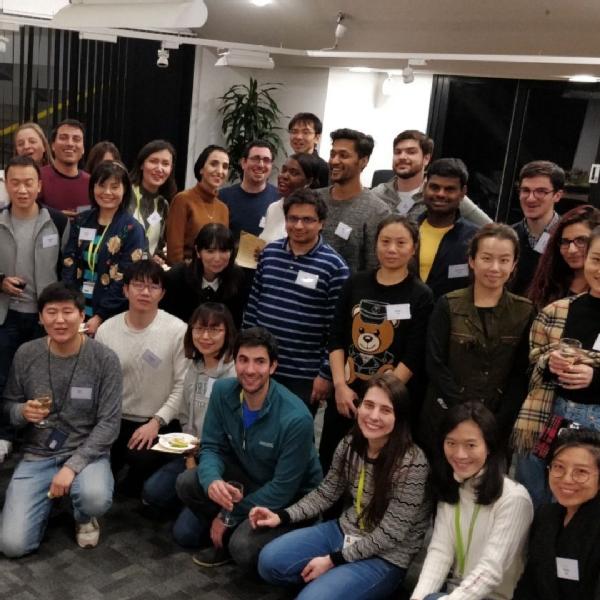
Thank You, Warwick
Hi everyone!
I feel so sad to say goodbye to you. It has been my absolute pleasure being a WMG Student Marketer and getting to know so many of you. Taking on this role, I only expected to write a few blogs per month and, occasionally, talk to prospective students. However, the bounds of this role completely exceeded my expectations. Not only was I able to have my own blog, I had the chance to interact with so many of you, be a co-host in WMG’s 2021 Orientation and push myself to try so many new activities.
All I am left with now is gratitude and I want to extend that to WMG. Warwick has made my masters year an absolute dream come true and I am so grateful that I got the opportunity to study here. Not only are the academics great, the people are so amazing – both staff and students alike.
My heart feels heavy bidding farewell to Warwick but my gratitude for the experience supersedes it all. To everyone I’ve met over the year, I hope we stay in touch and I wish you the happiest and most successful years ahead.
Thank you, Warwick. Words aren’t enough.
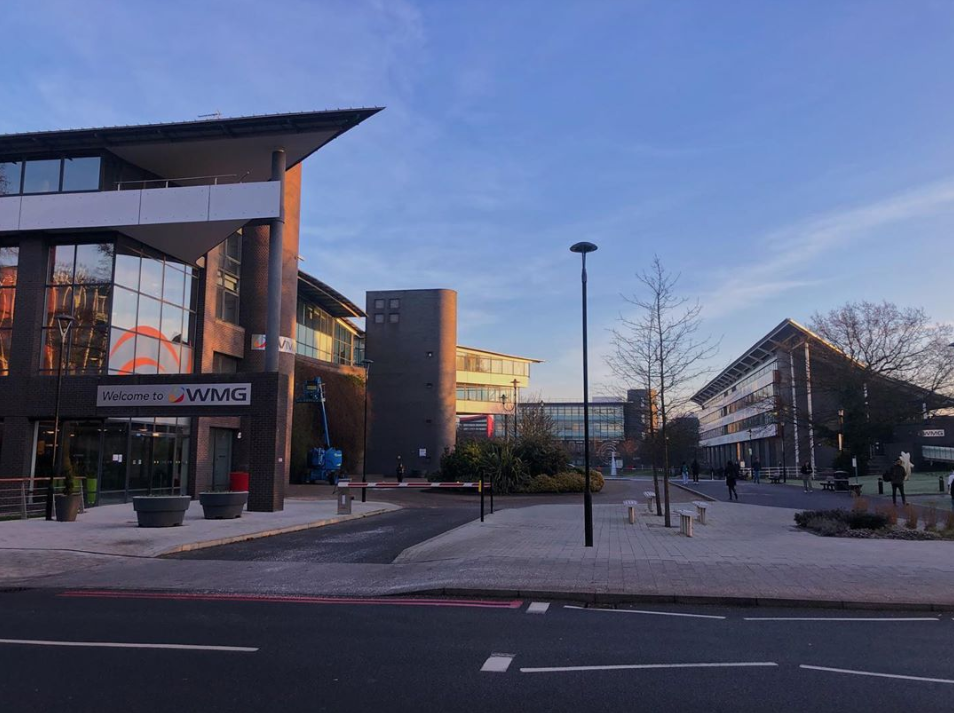
Sincerely,
Katrina.
MSc International Trade, Strategy and Operations
Highlights of The Year
Hey everyone!
As this year is coming to an end, I thought I would reflect on my top highlights at Warwick! I genuinely can’t believe I’m writing this. It feels like only last month I was sitting in the lecture hall for my International Trade module feeling nervous about making friends with my fellow classmates. Despite the detours this year has experienced, I am so grateful to say that I still had such a great time at Warwick. So, without further ado, here are my top highlights of this year -
1. Feeling more confident. Never did I think about the depths a great education can do for my self-confidence. I have always been a studious person but the knowledge I gained at Warwick has helped me grow in so many ways; I cannot express my gratitude enough.
2. Having my own blog. I’m happy to say that this year I tried so many new things and one of them was having my own blog! I never thought I’d do that.
3. Meeting so many new people. Growing up in Qatar, I thought I had met friends of so many nationalities it would be hard to meet anyone else from some place new. But, how wrong was I?! I’ve met some amazing people from Panama, Bolivia, Taiwan and Kazakhstan all in the same year! Some of who have become good friends of mine.
4. Finding new interests. I’ve found a new love and respect for old movies and musicals! An urge to go to the gym and working with chocolate!
5. Embracing change. I realised that things don’t always work out the way you expected. And, that’s okay. If there’s anything this year has taught me it is to embrace change and the unexpected. That’s a lesson I will try to remind myself for life.
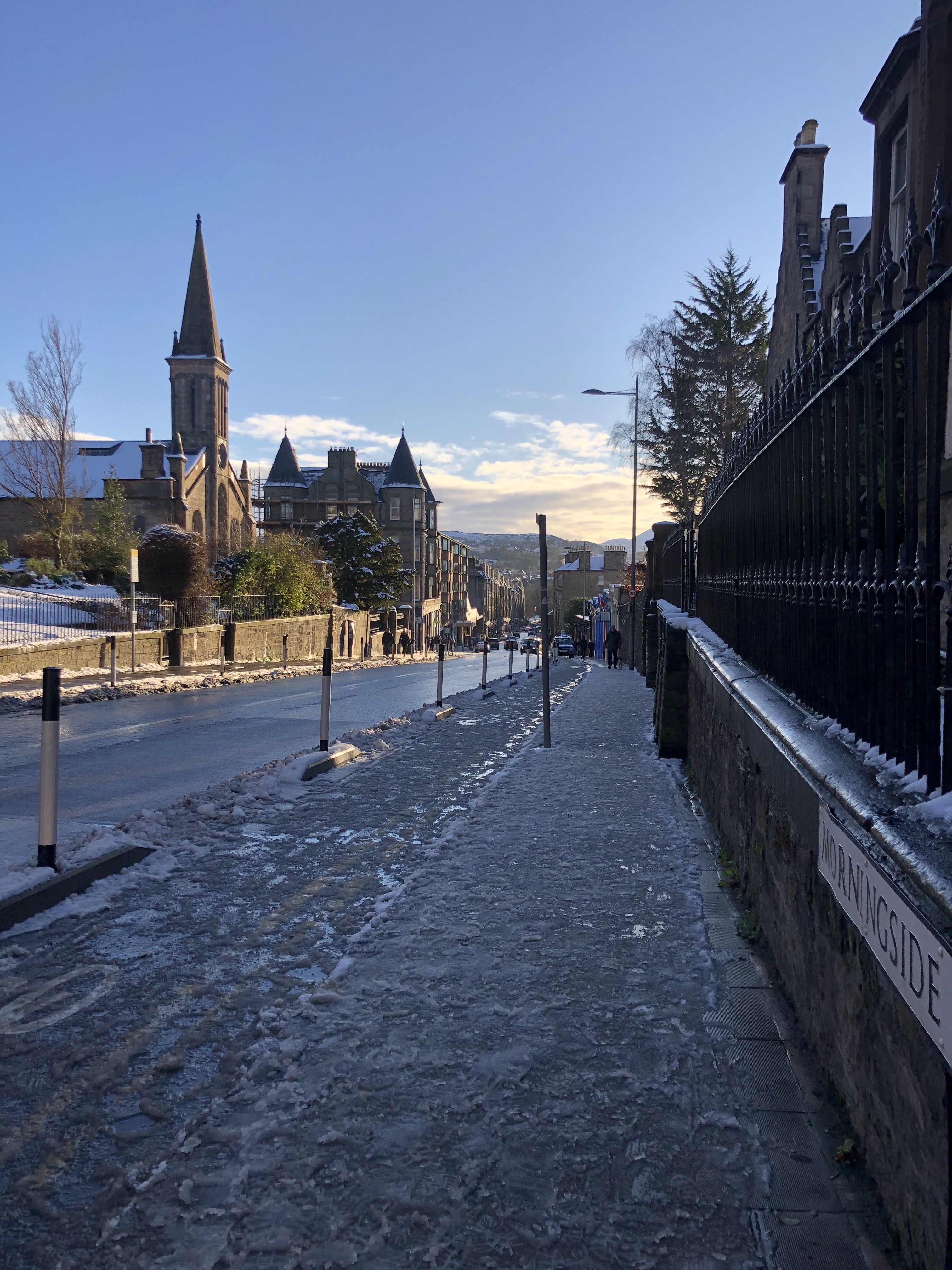
Sincerely,
Katrina.
MSc International Trade, Strategy and Operations






